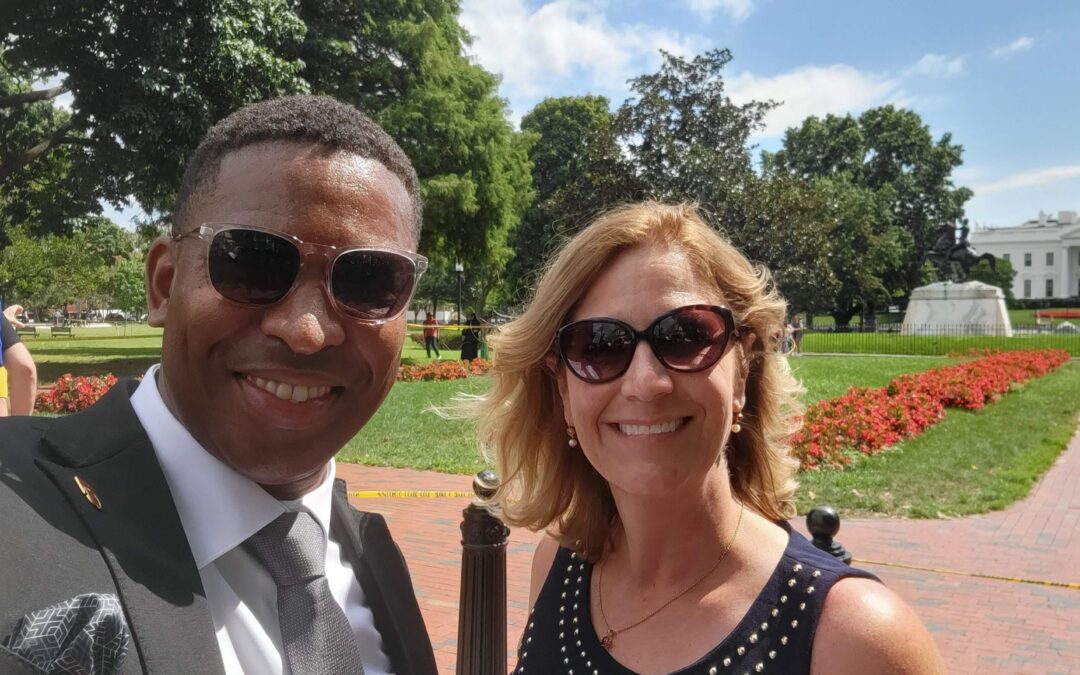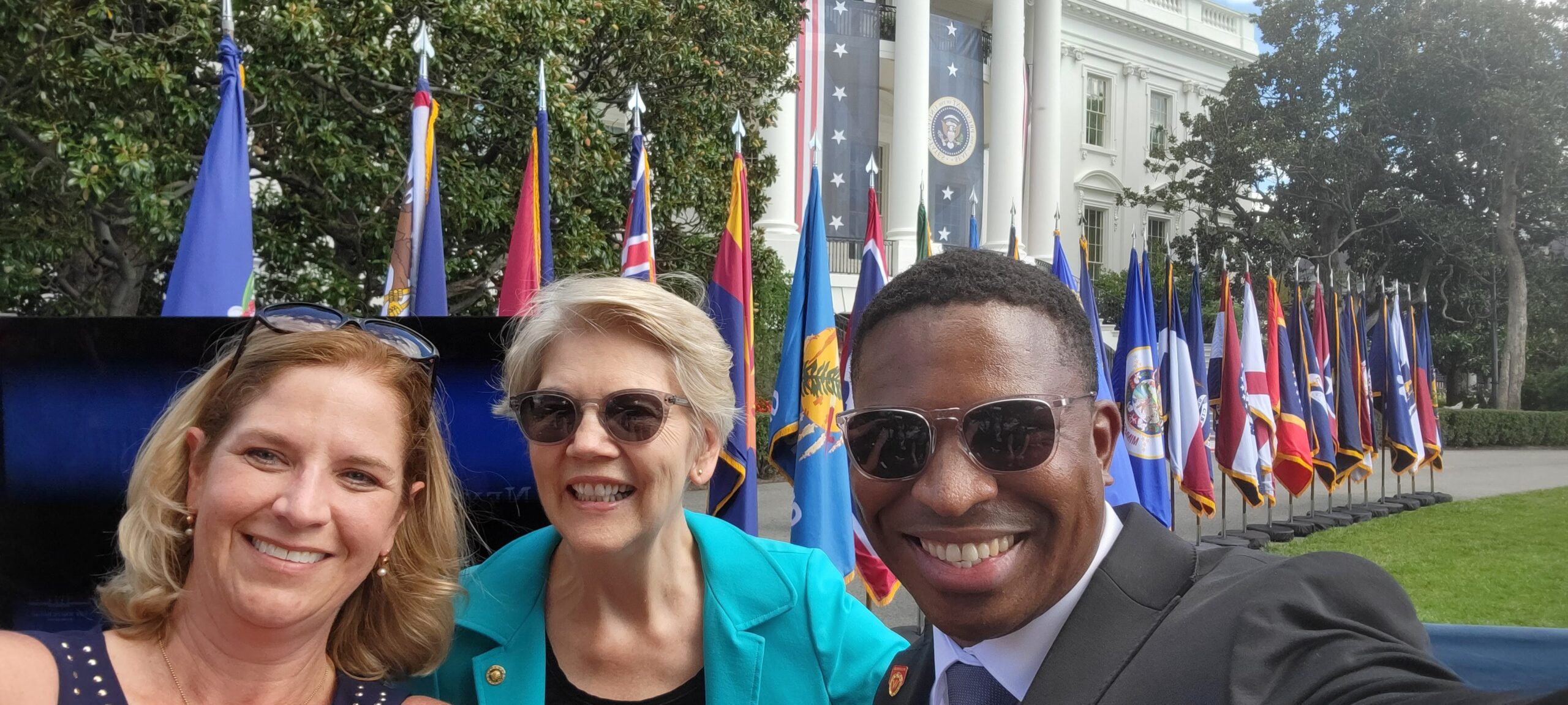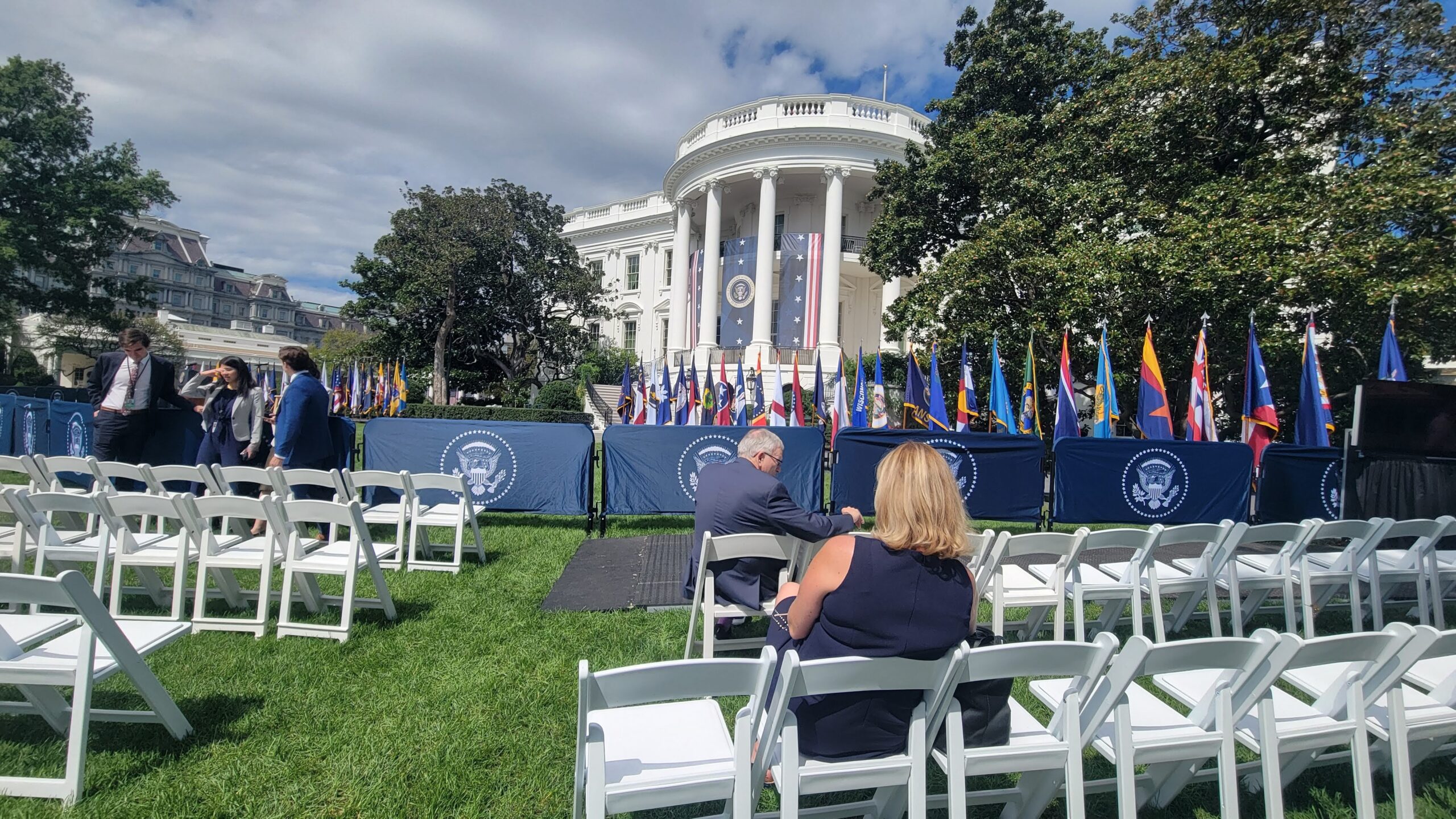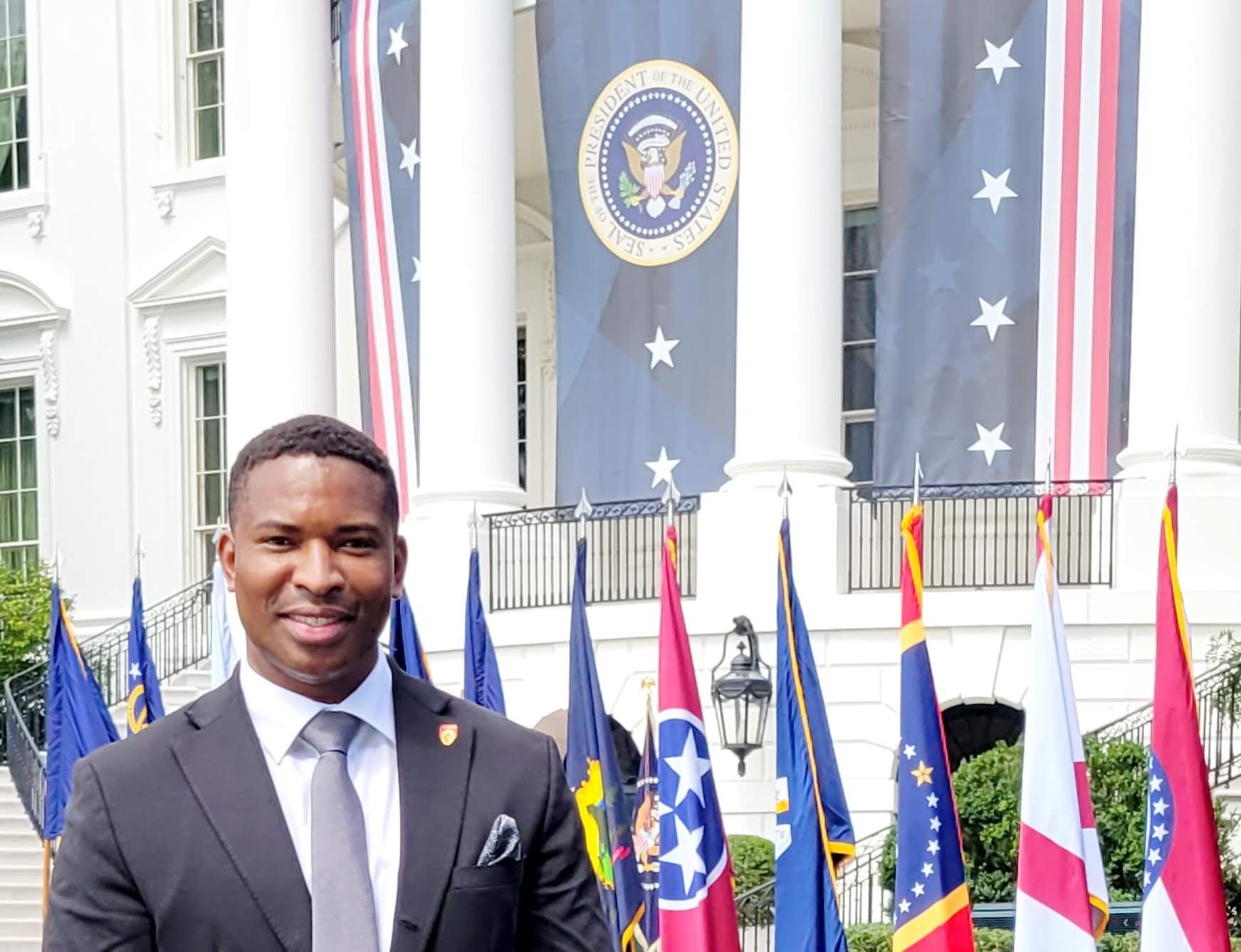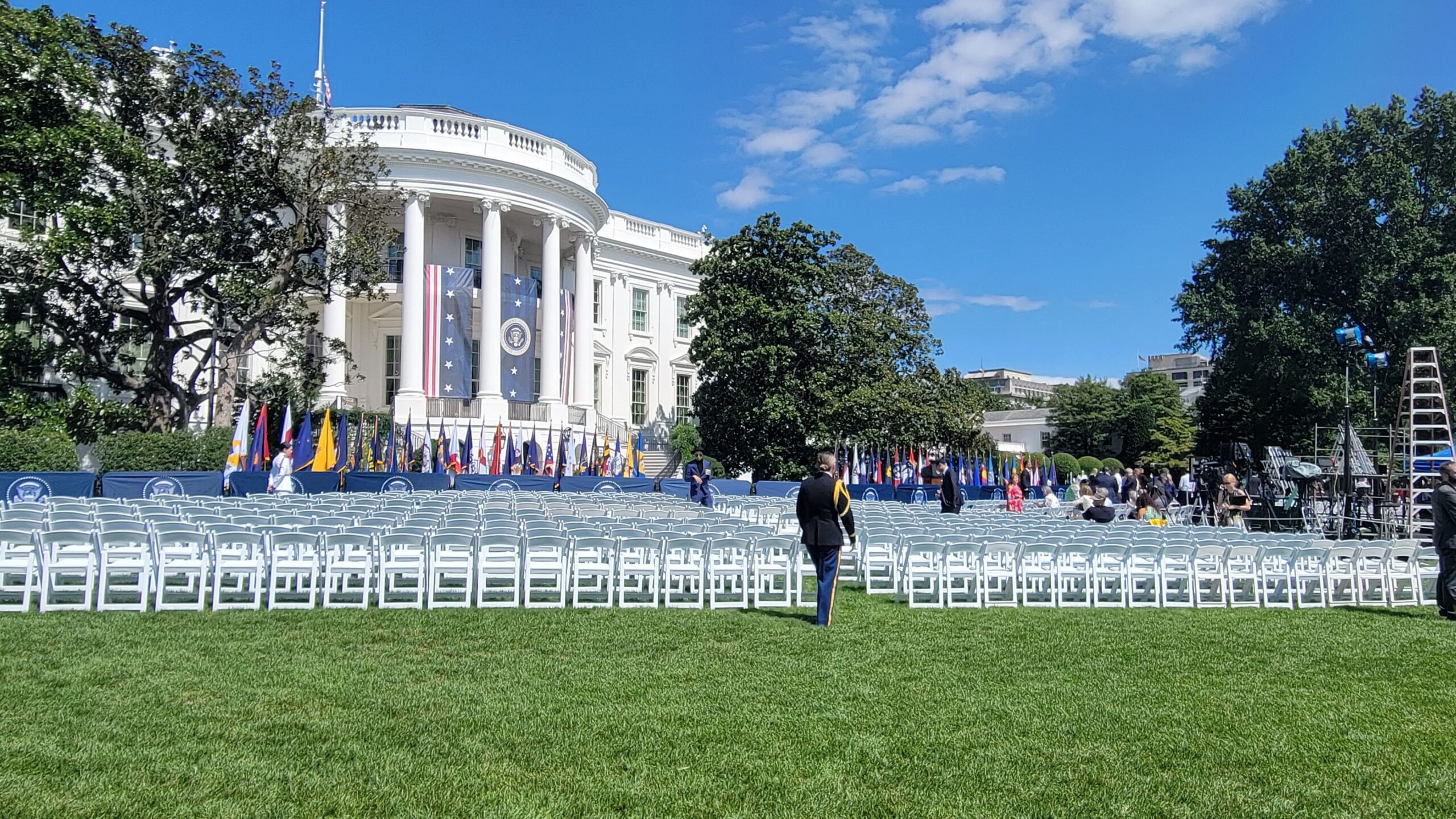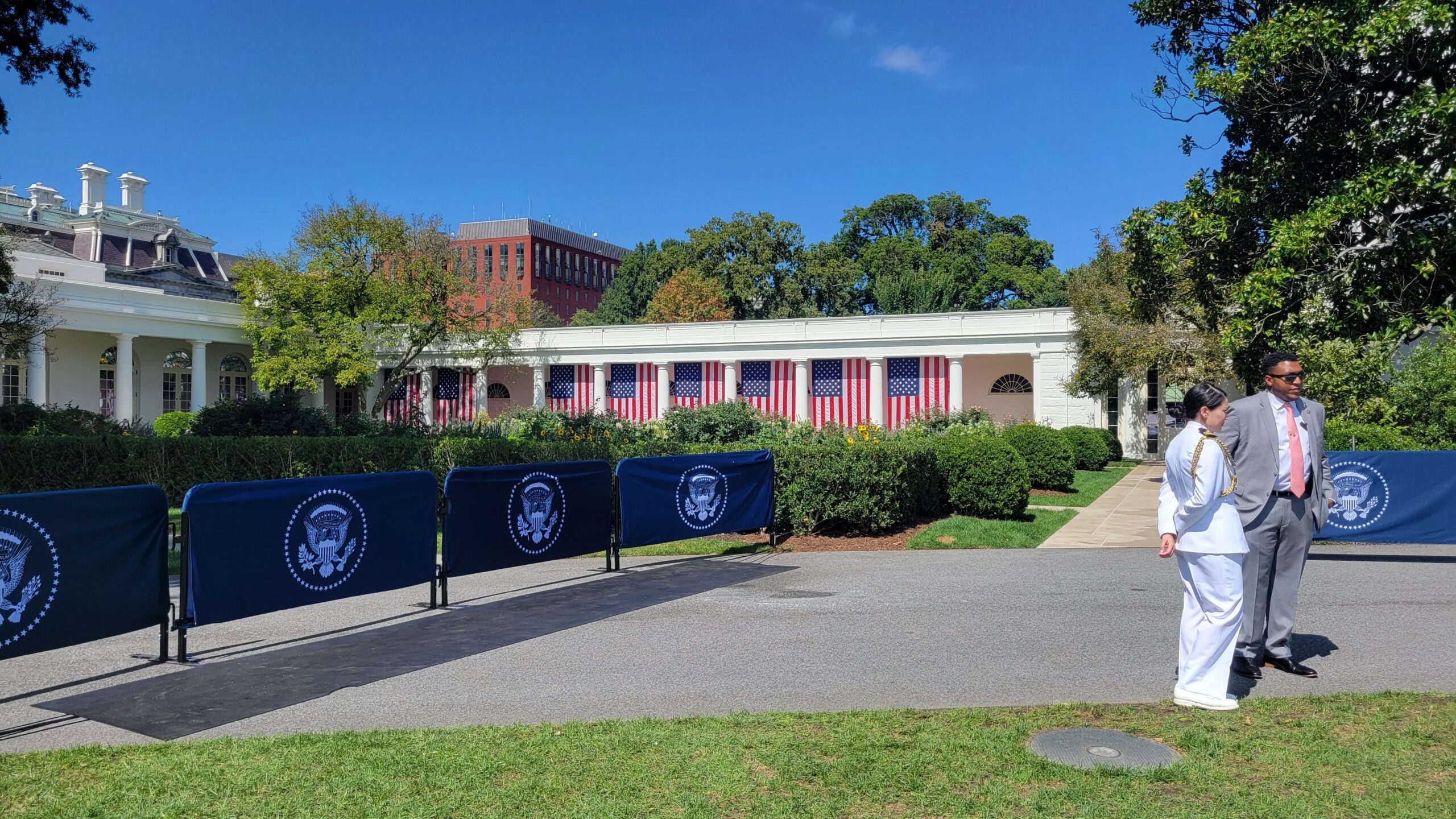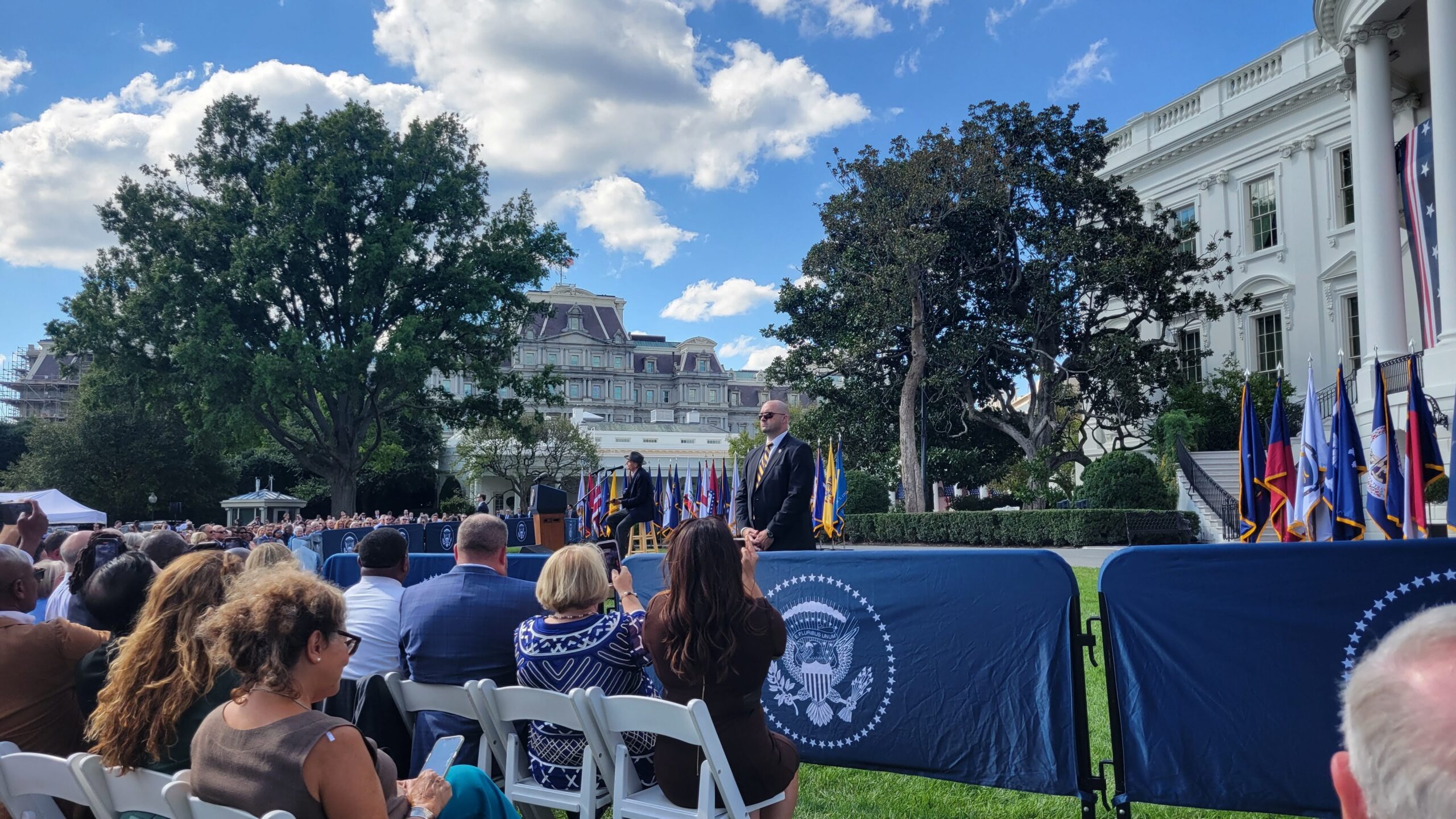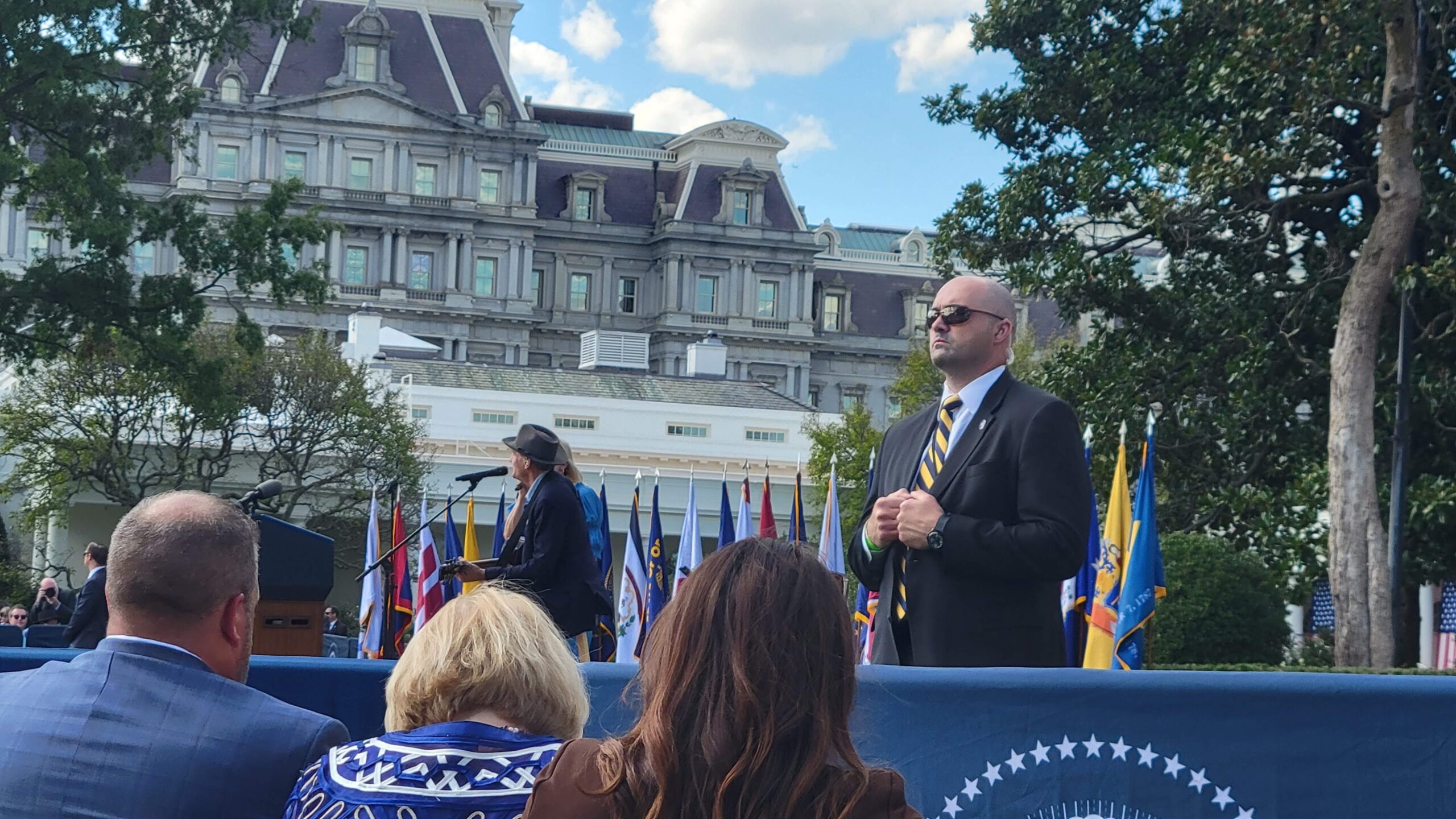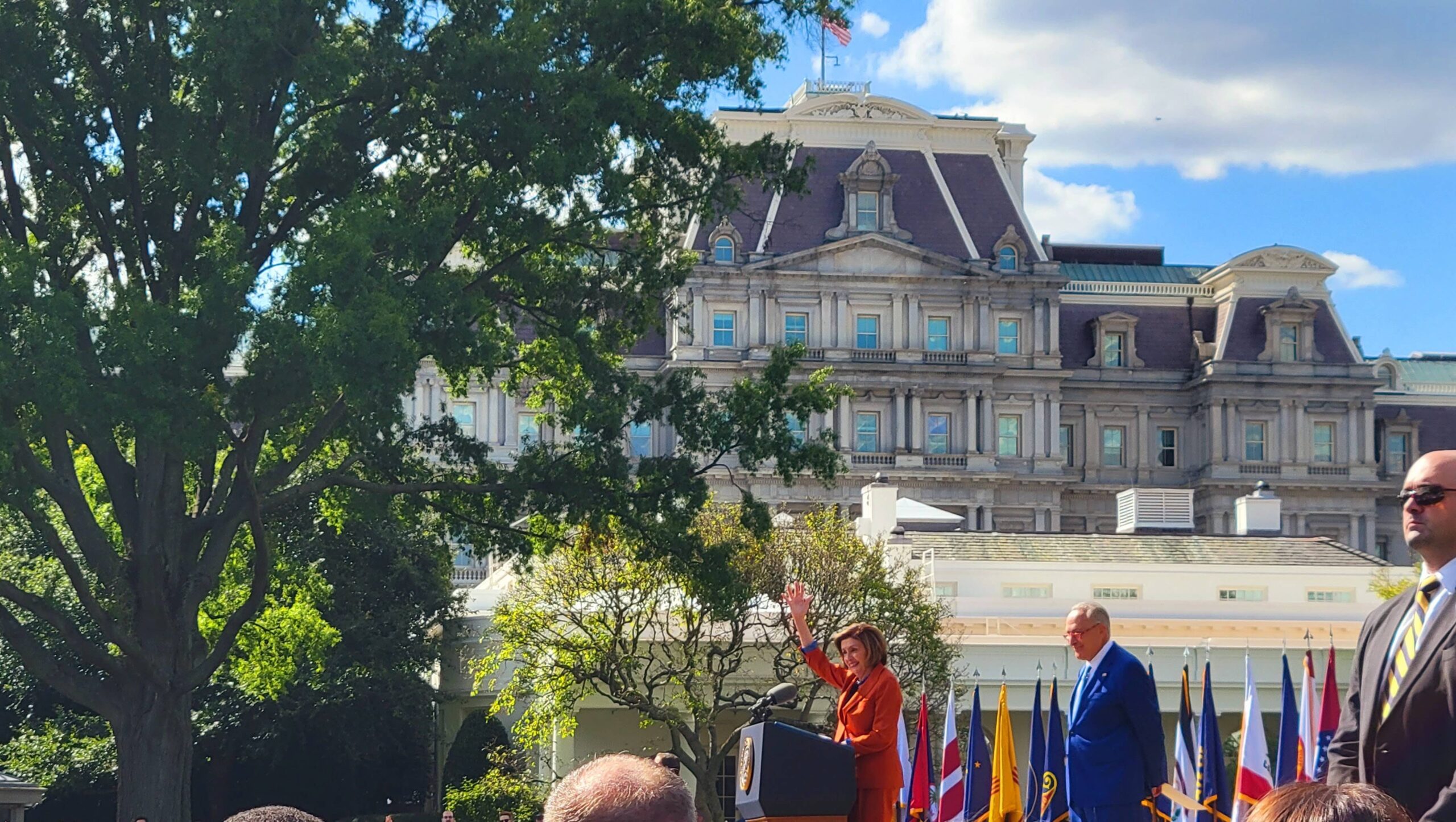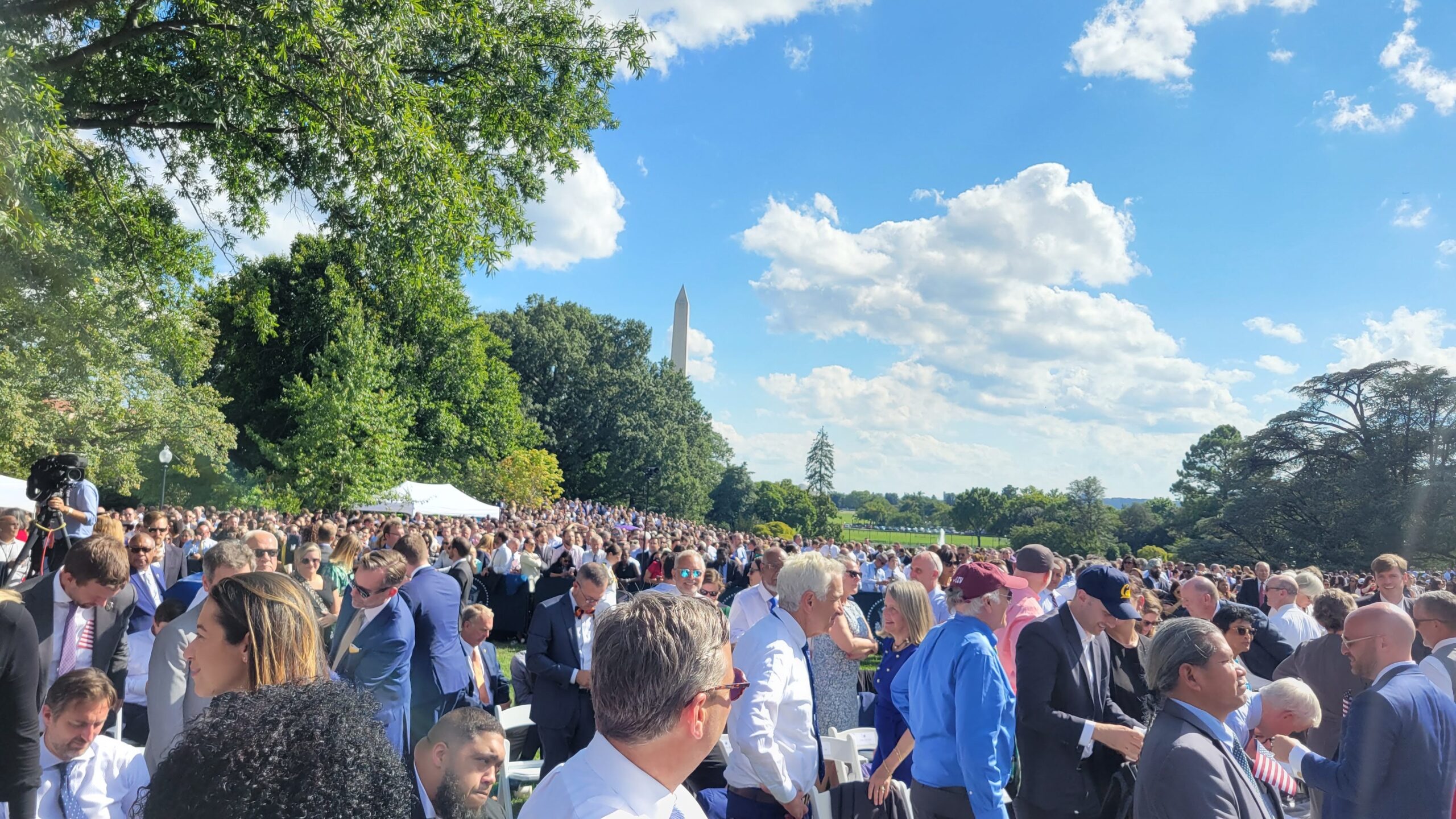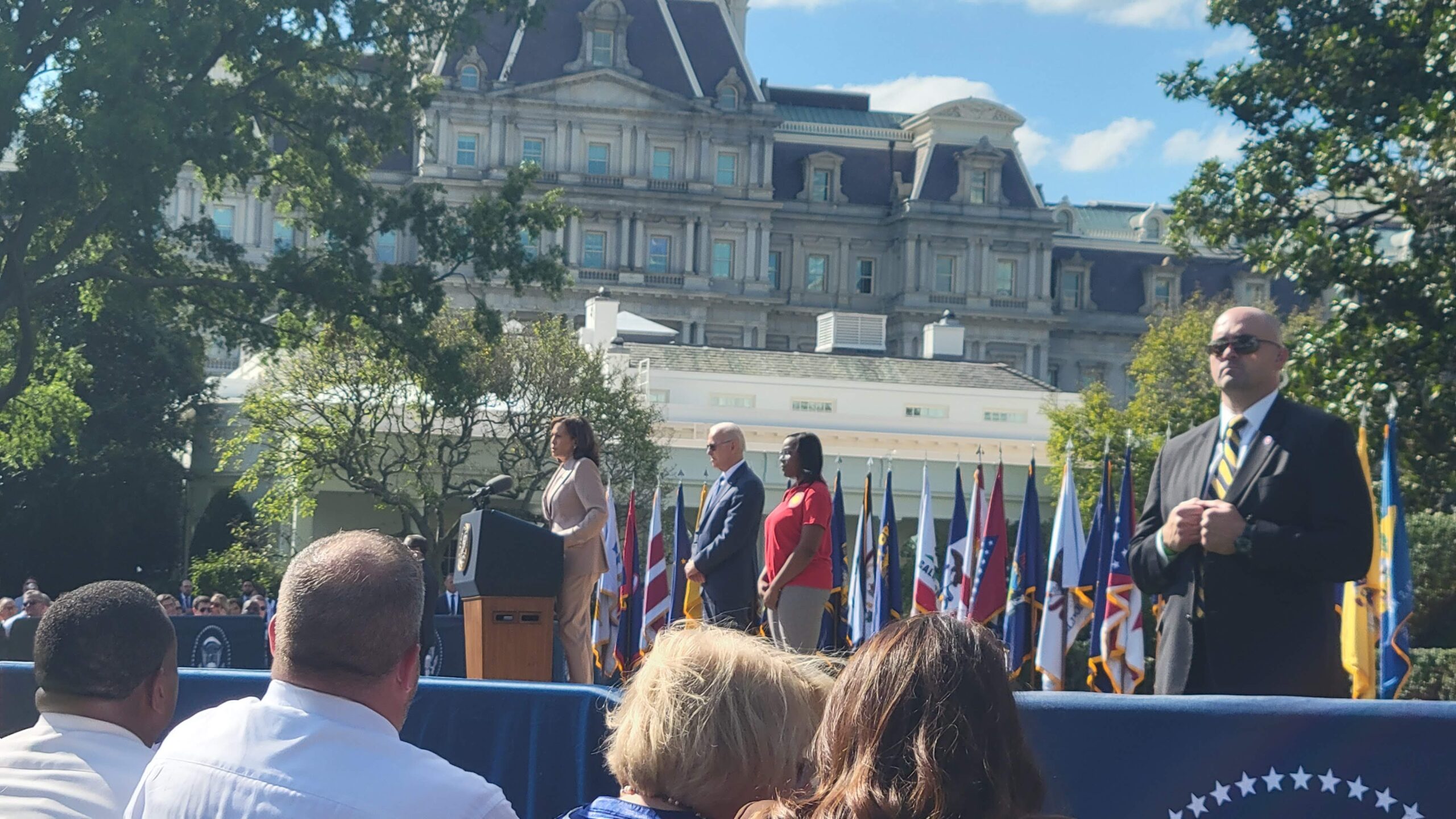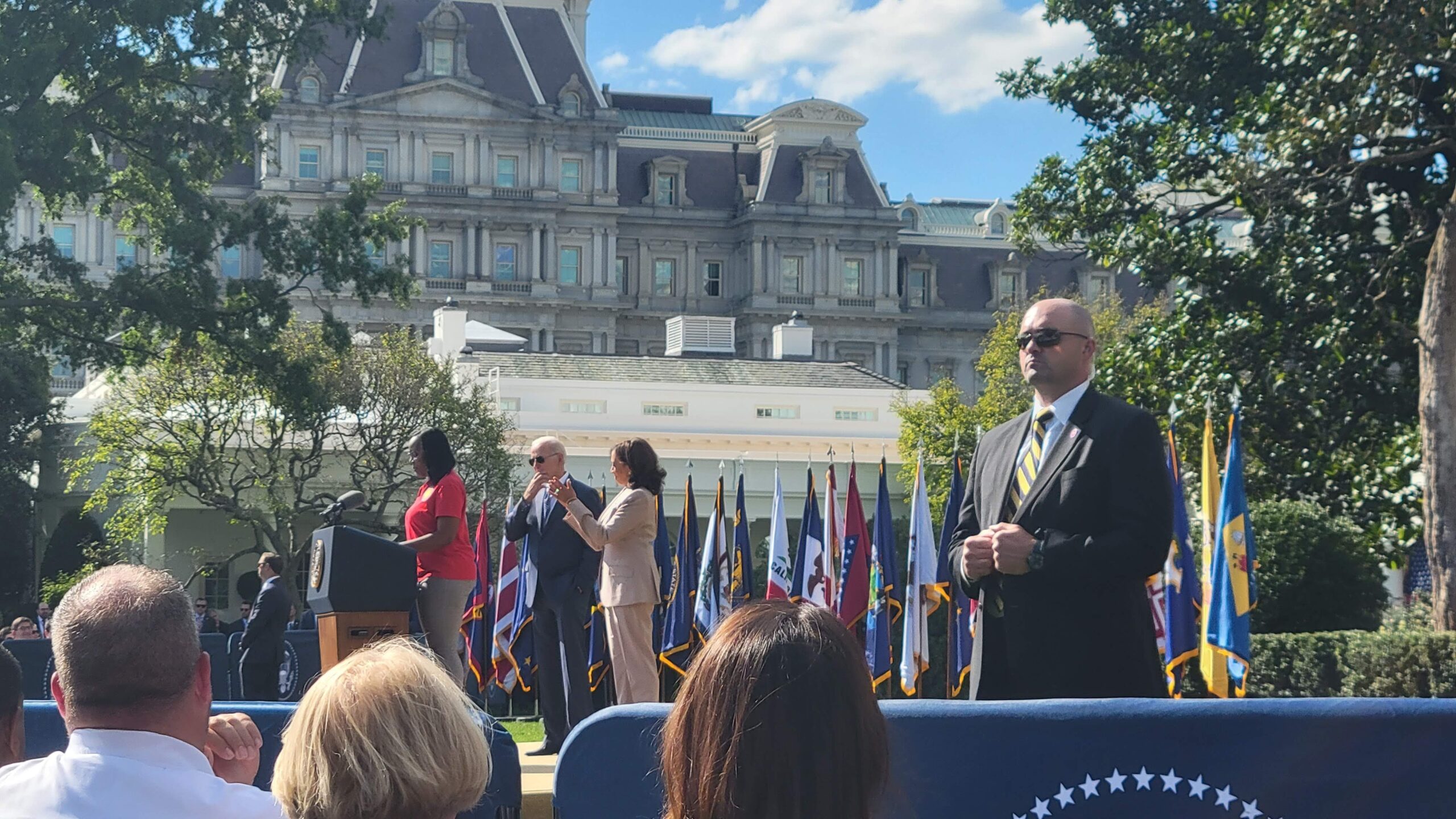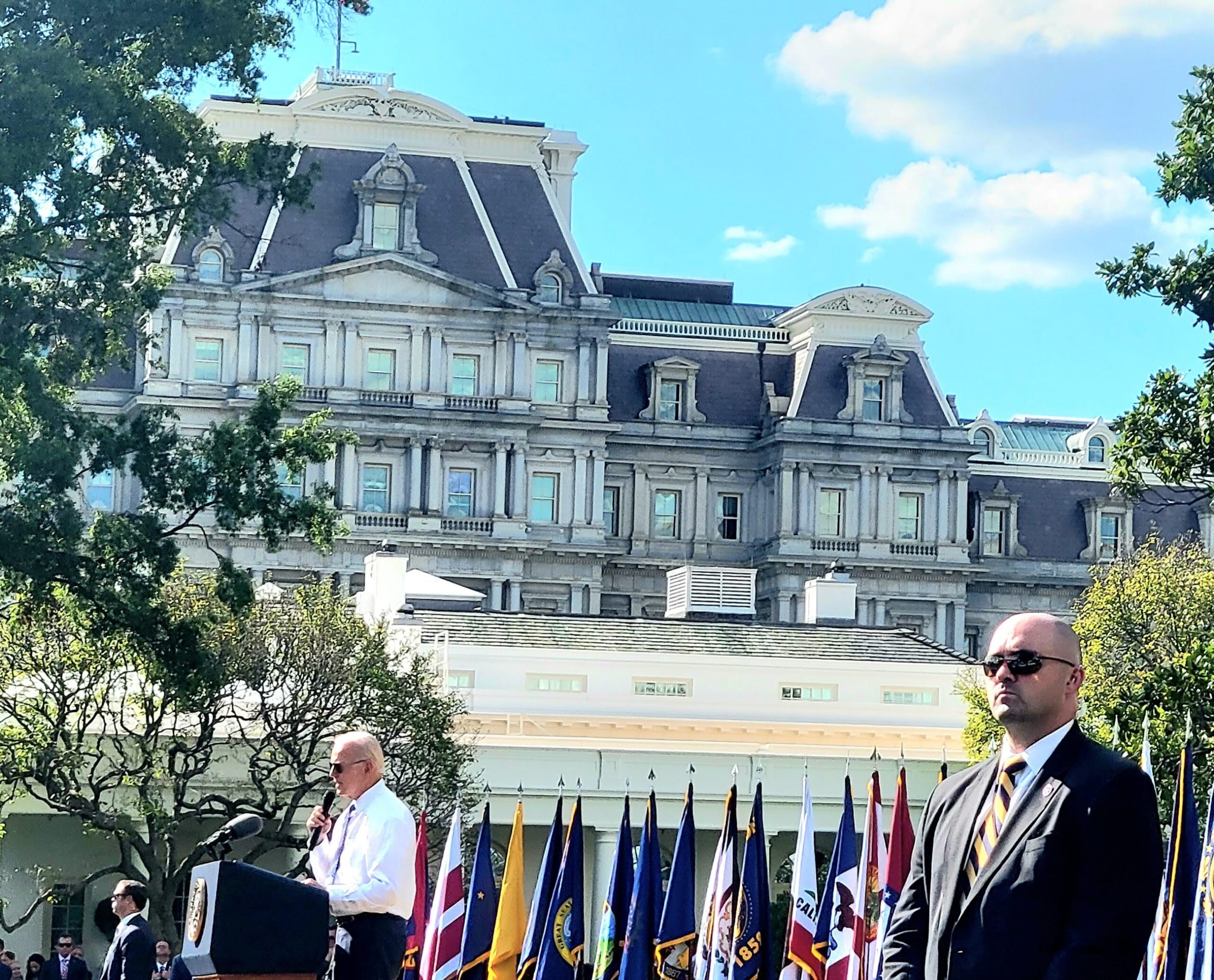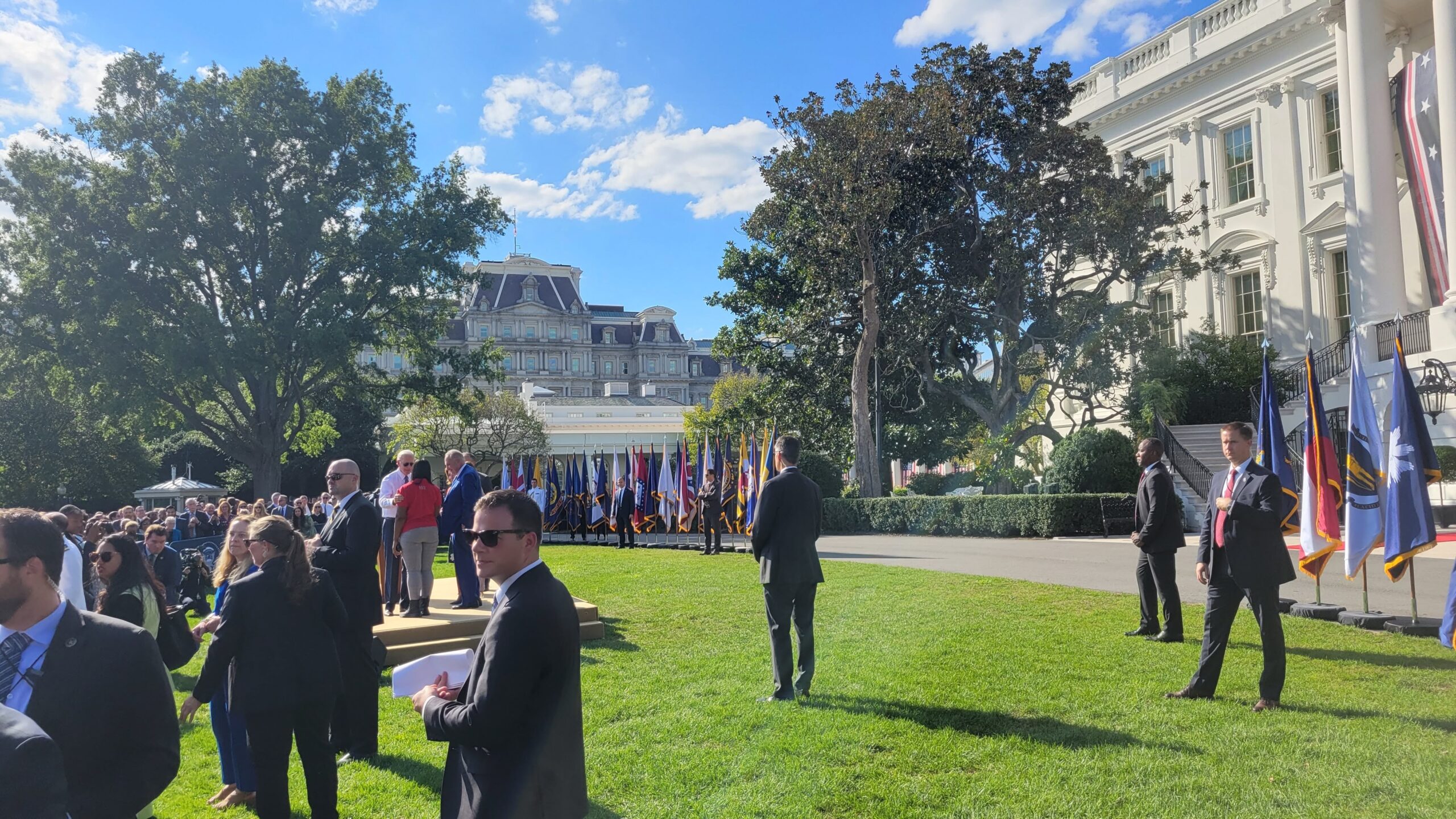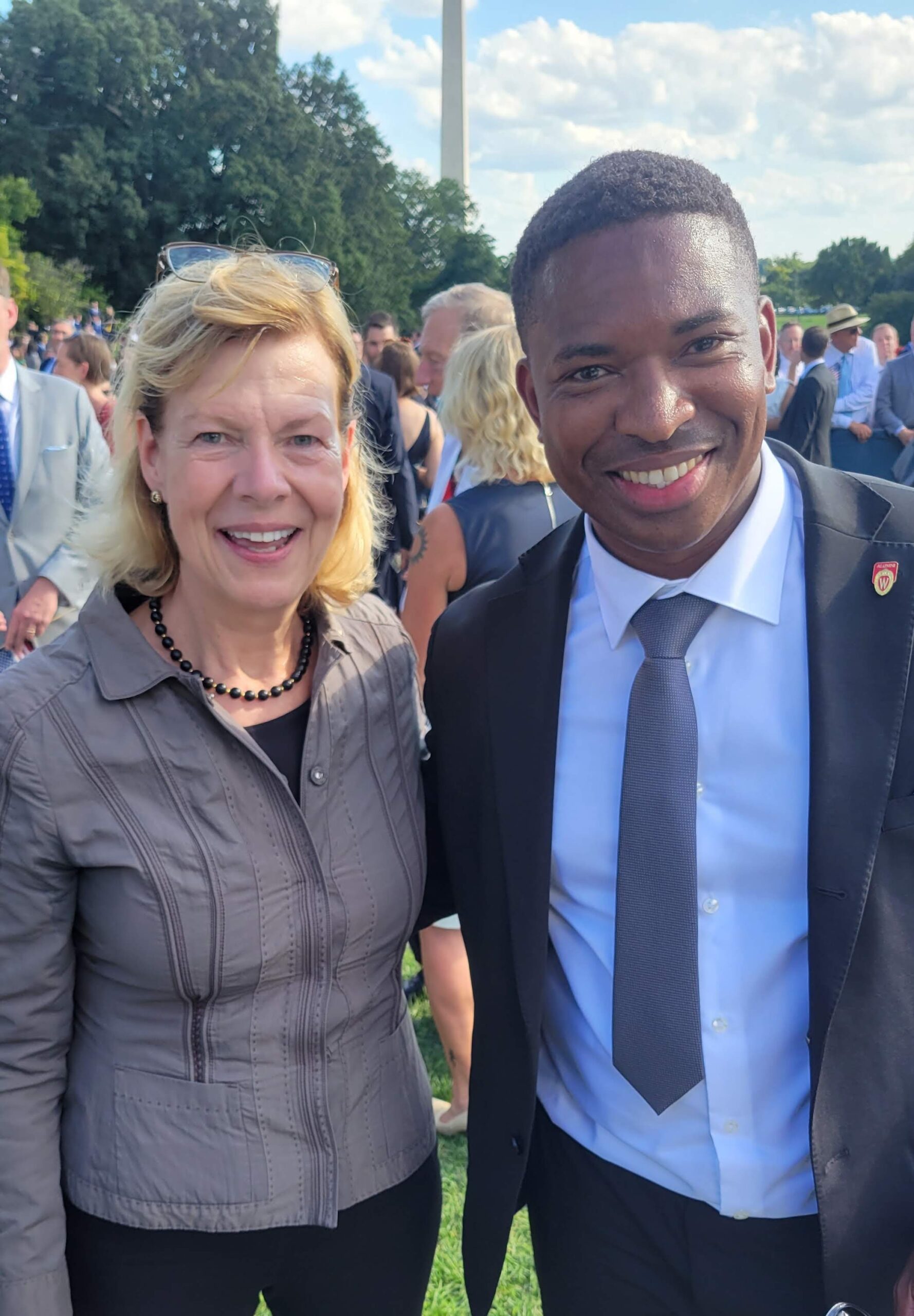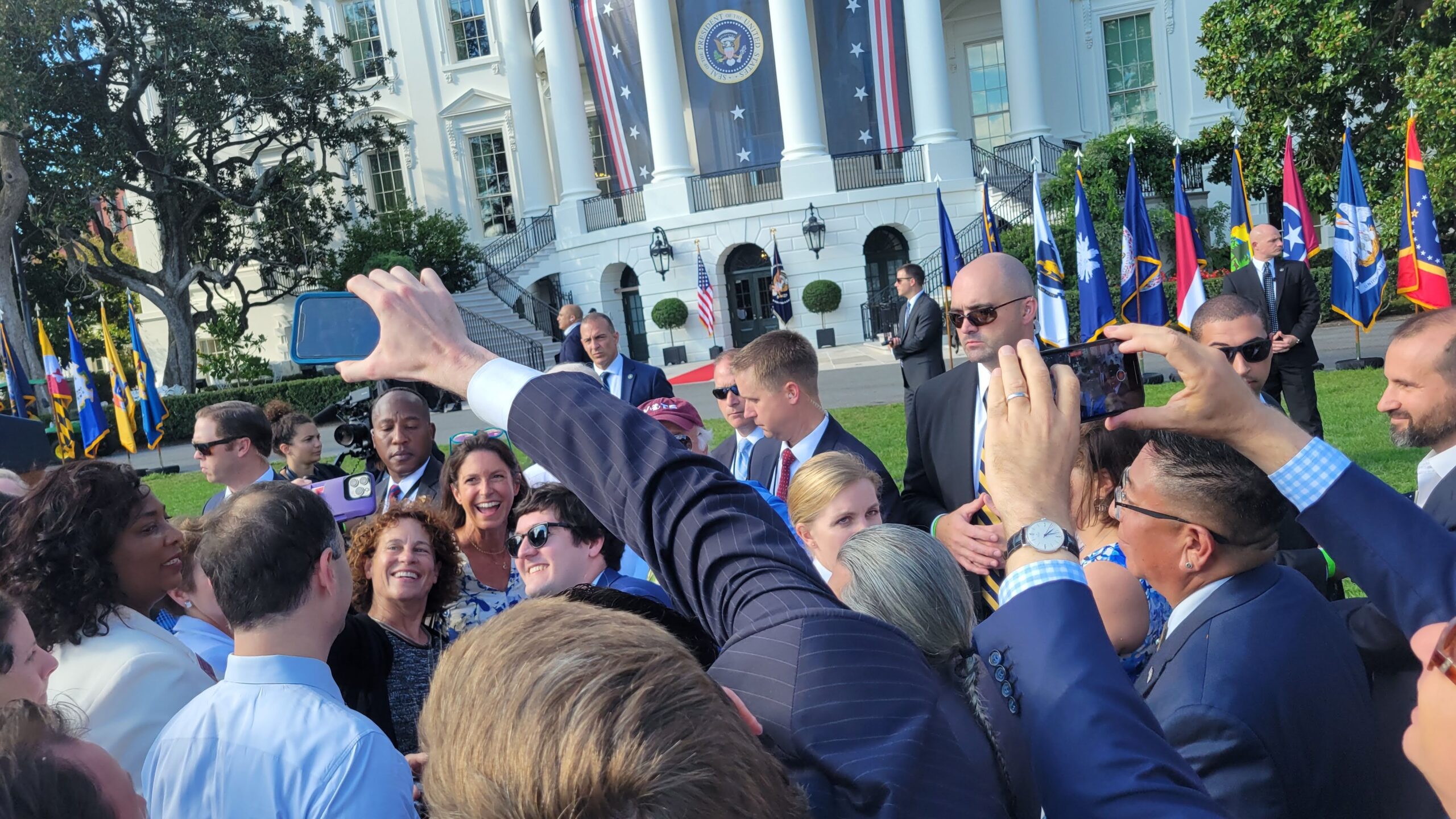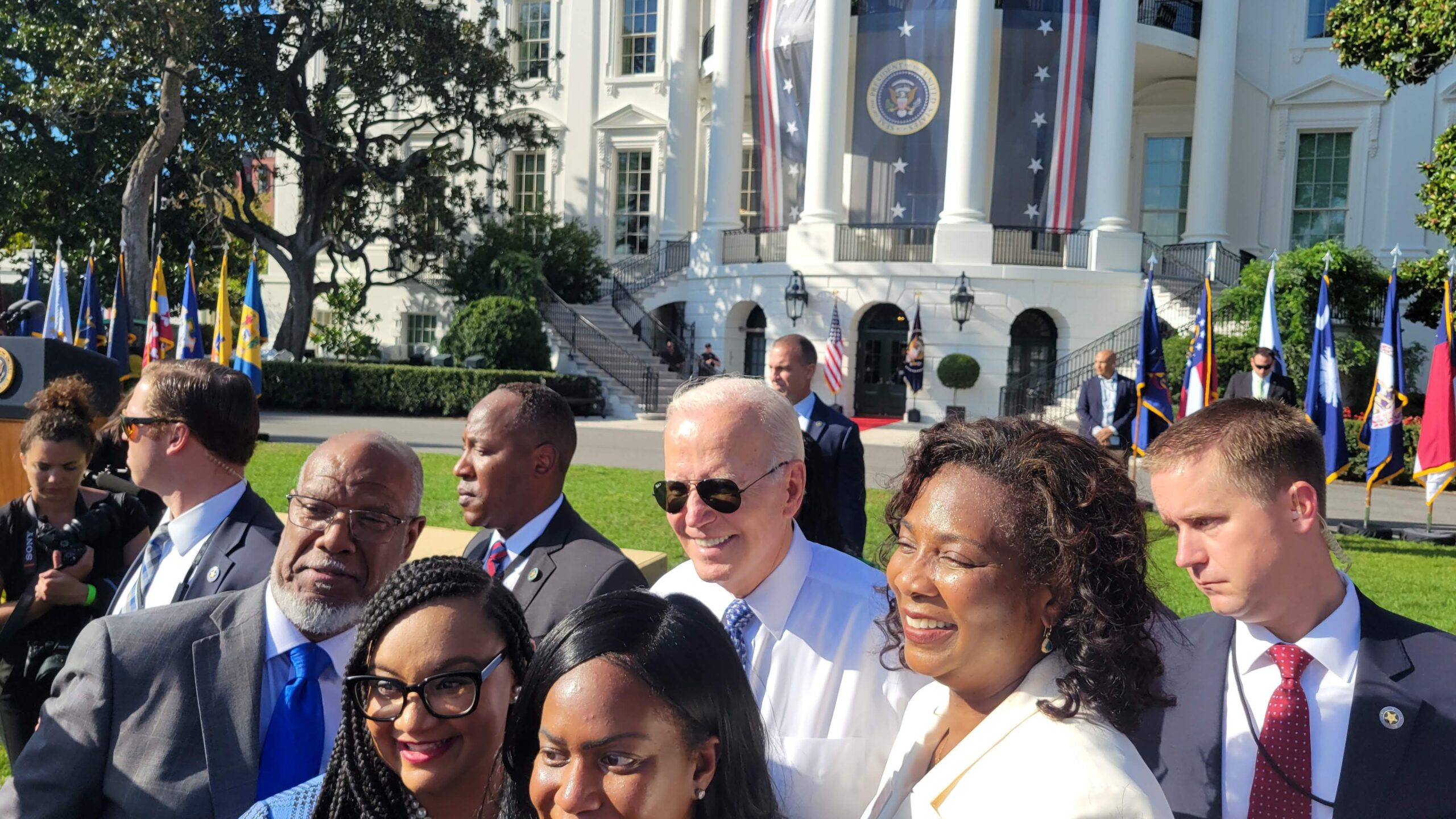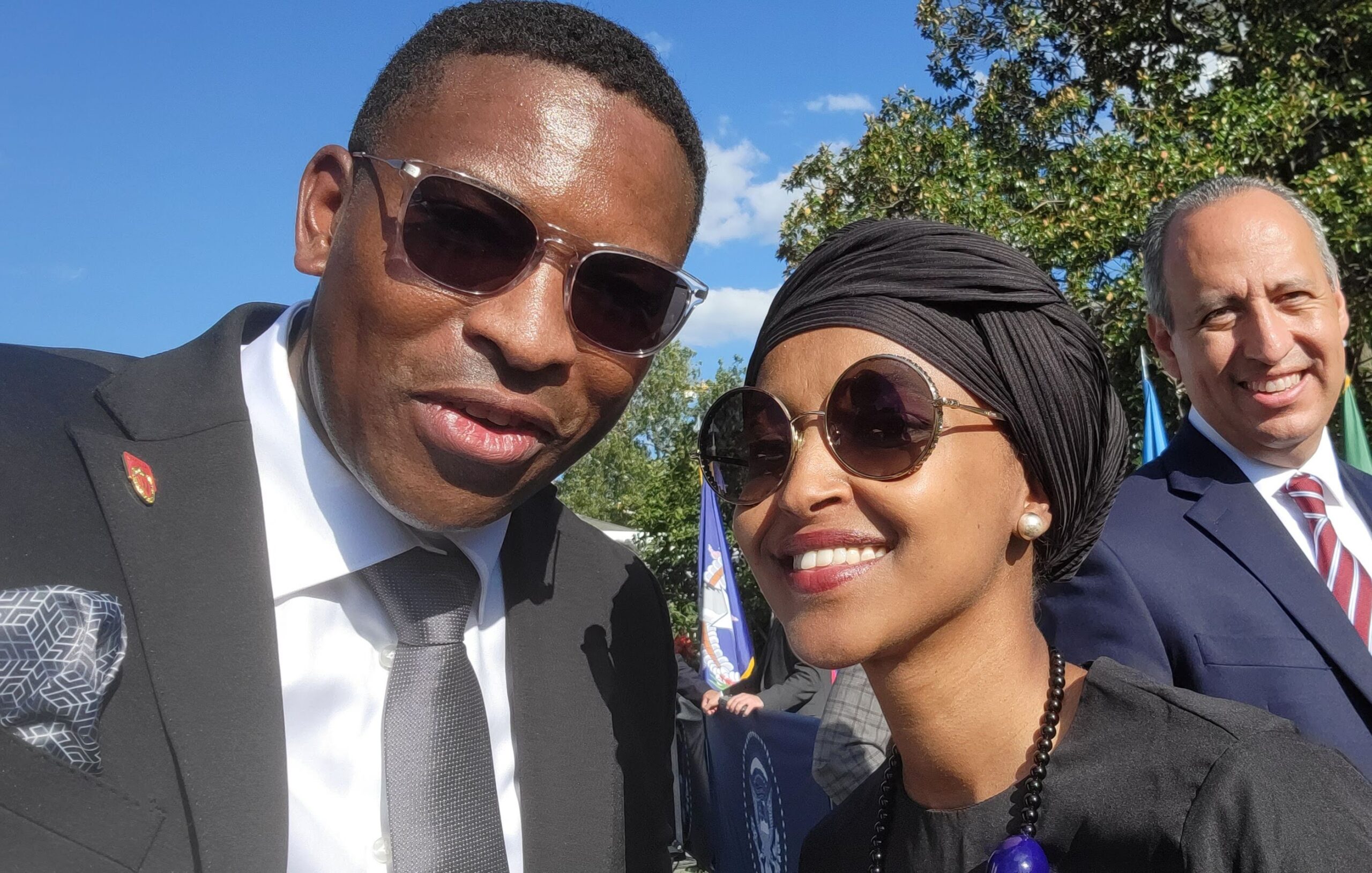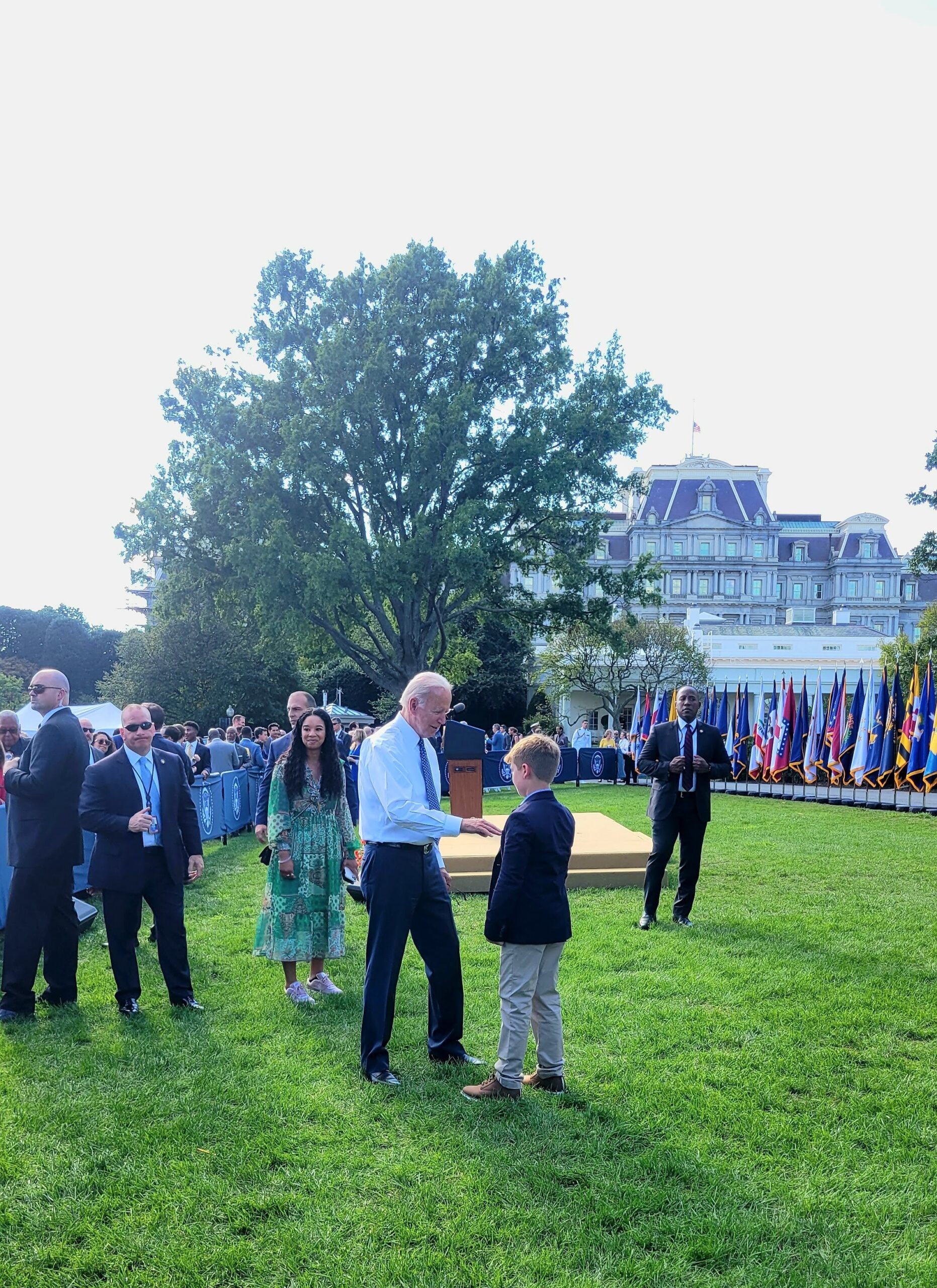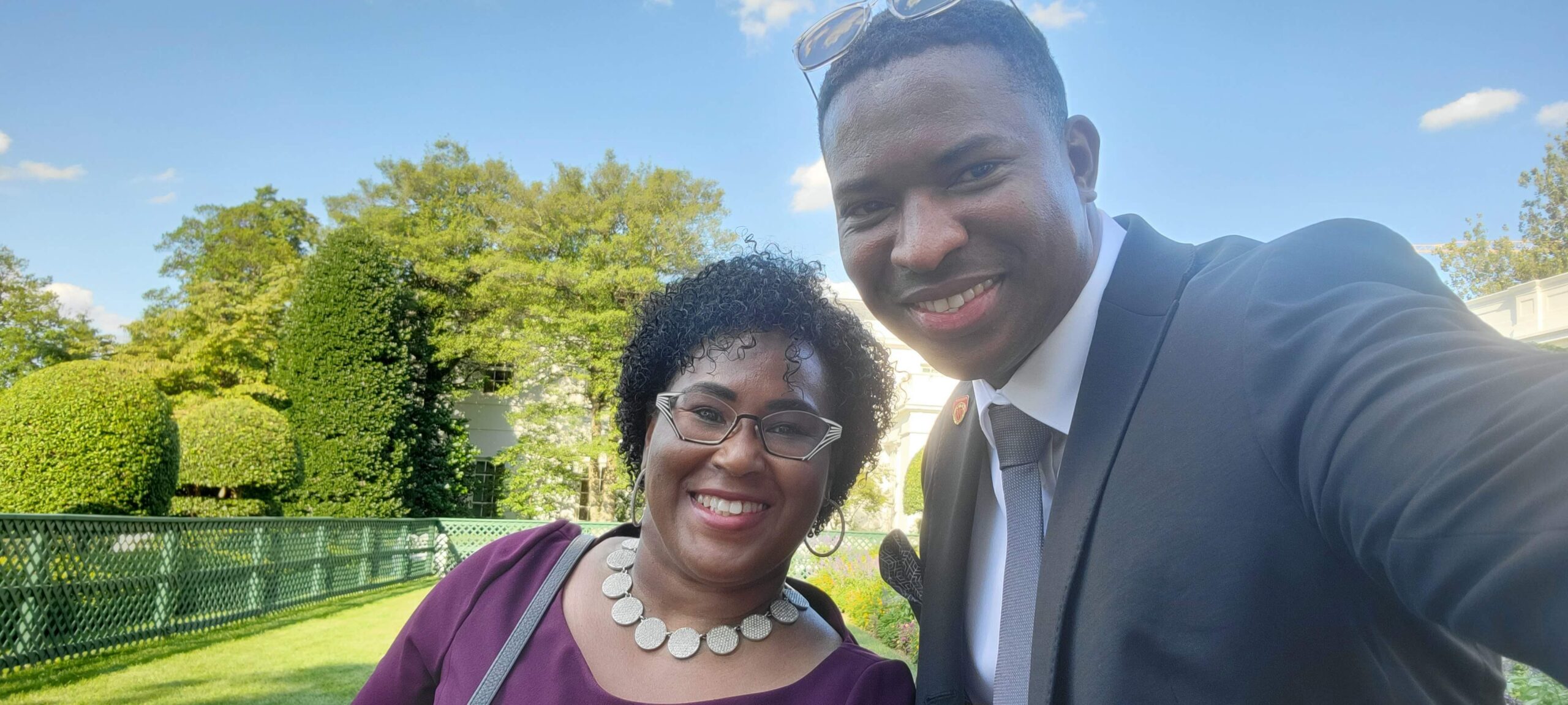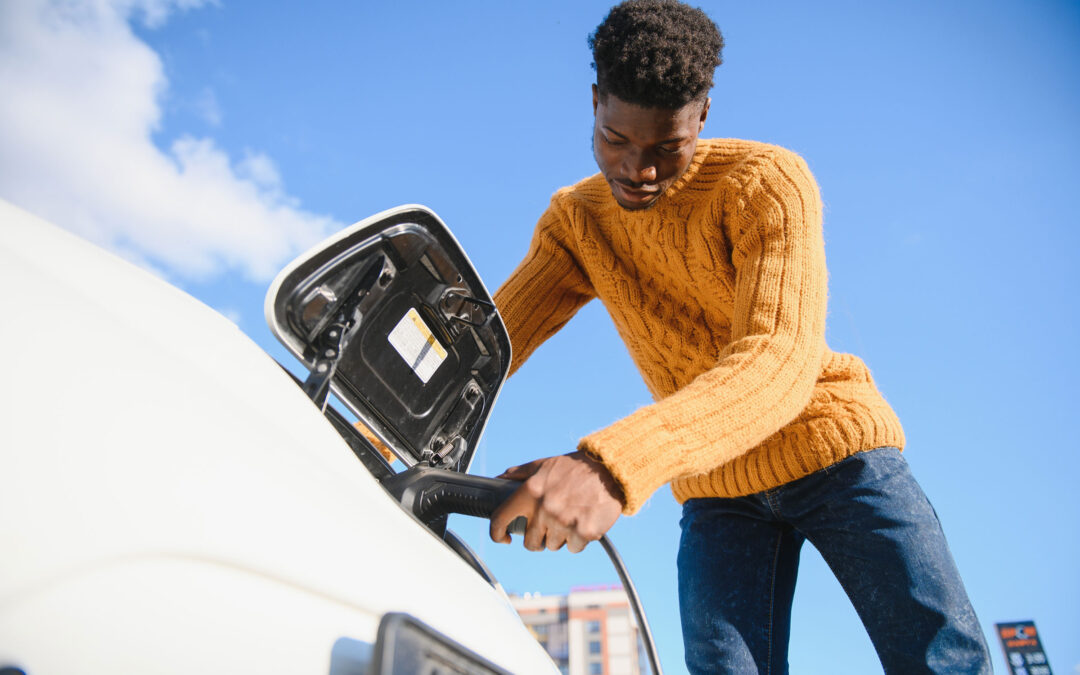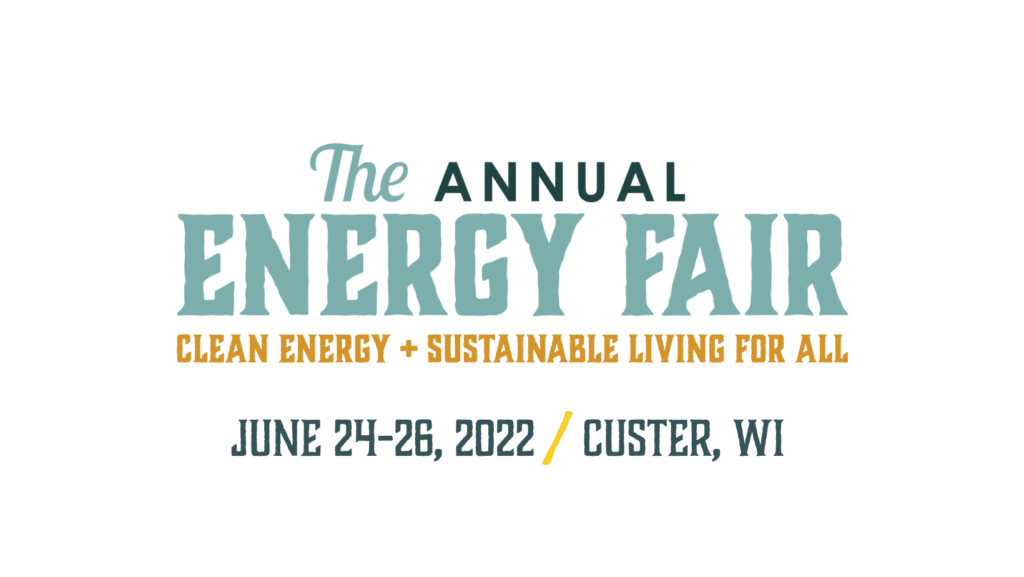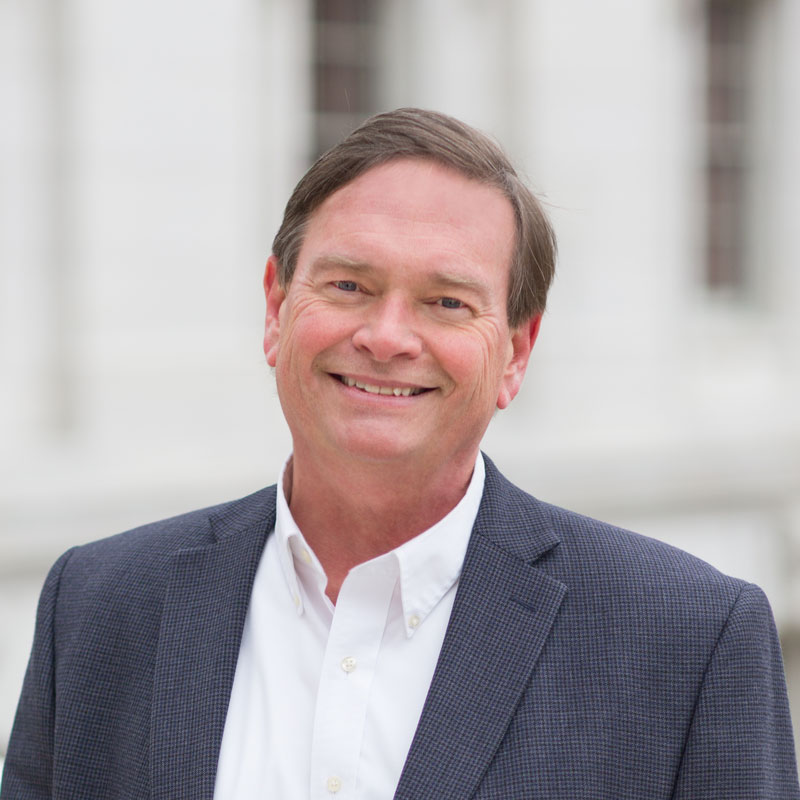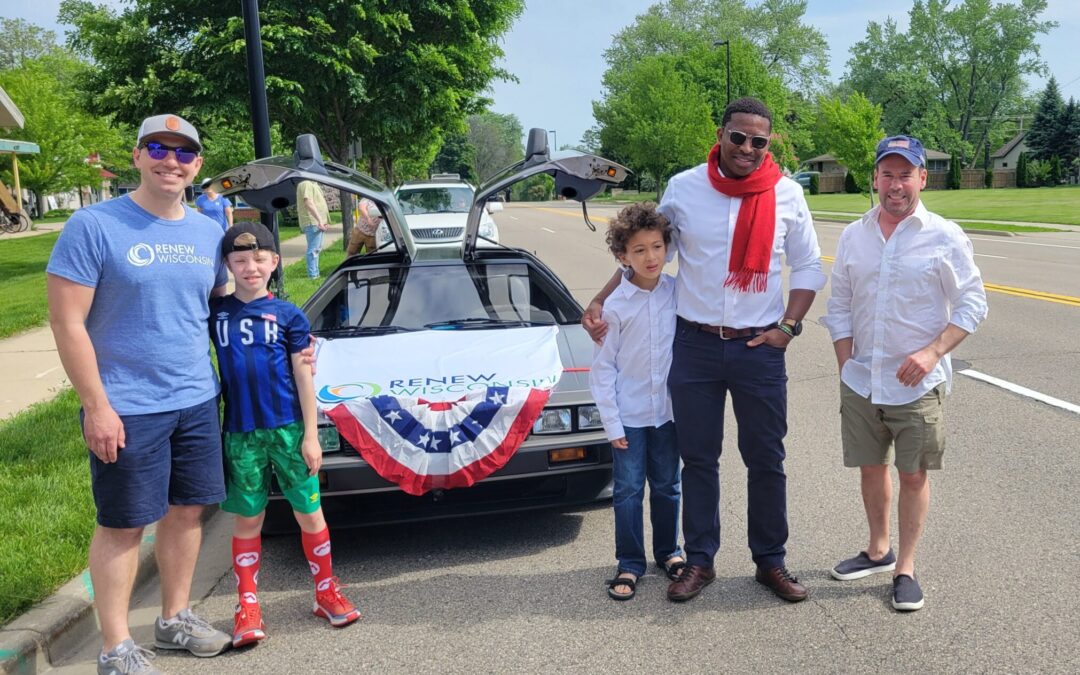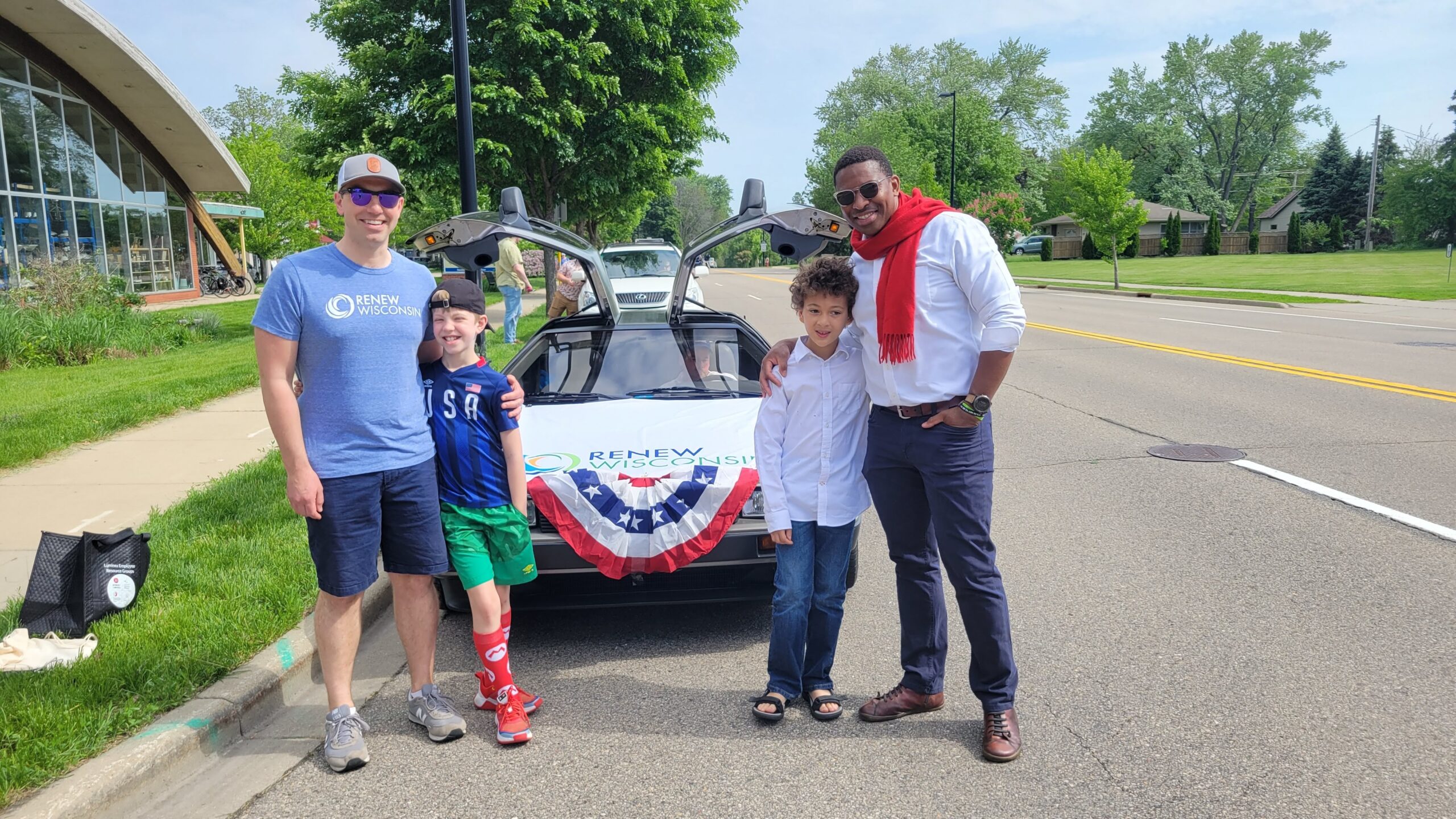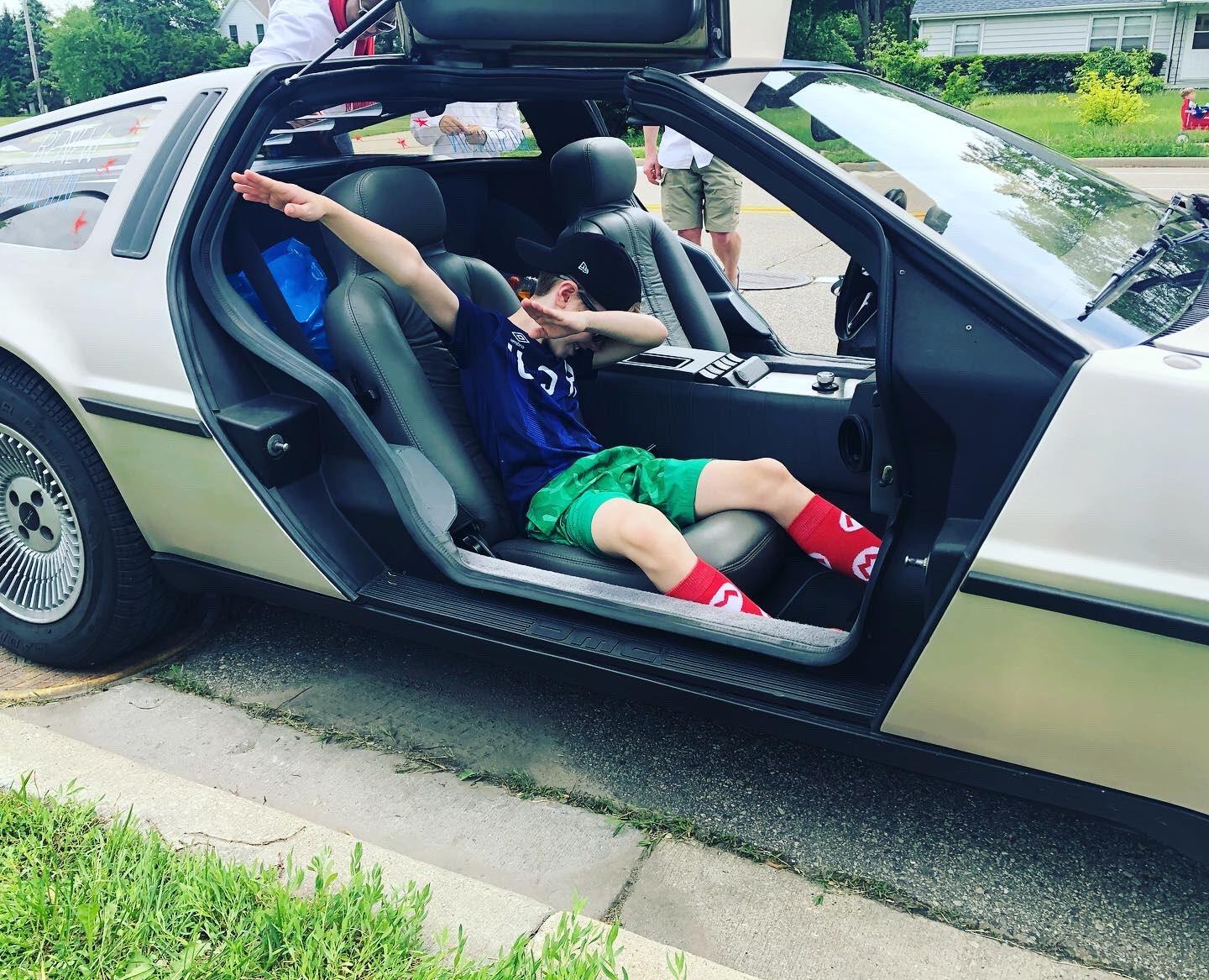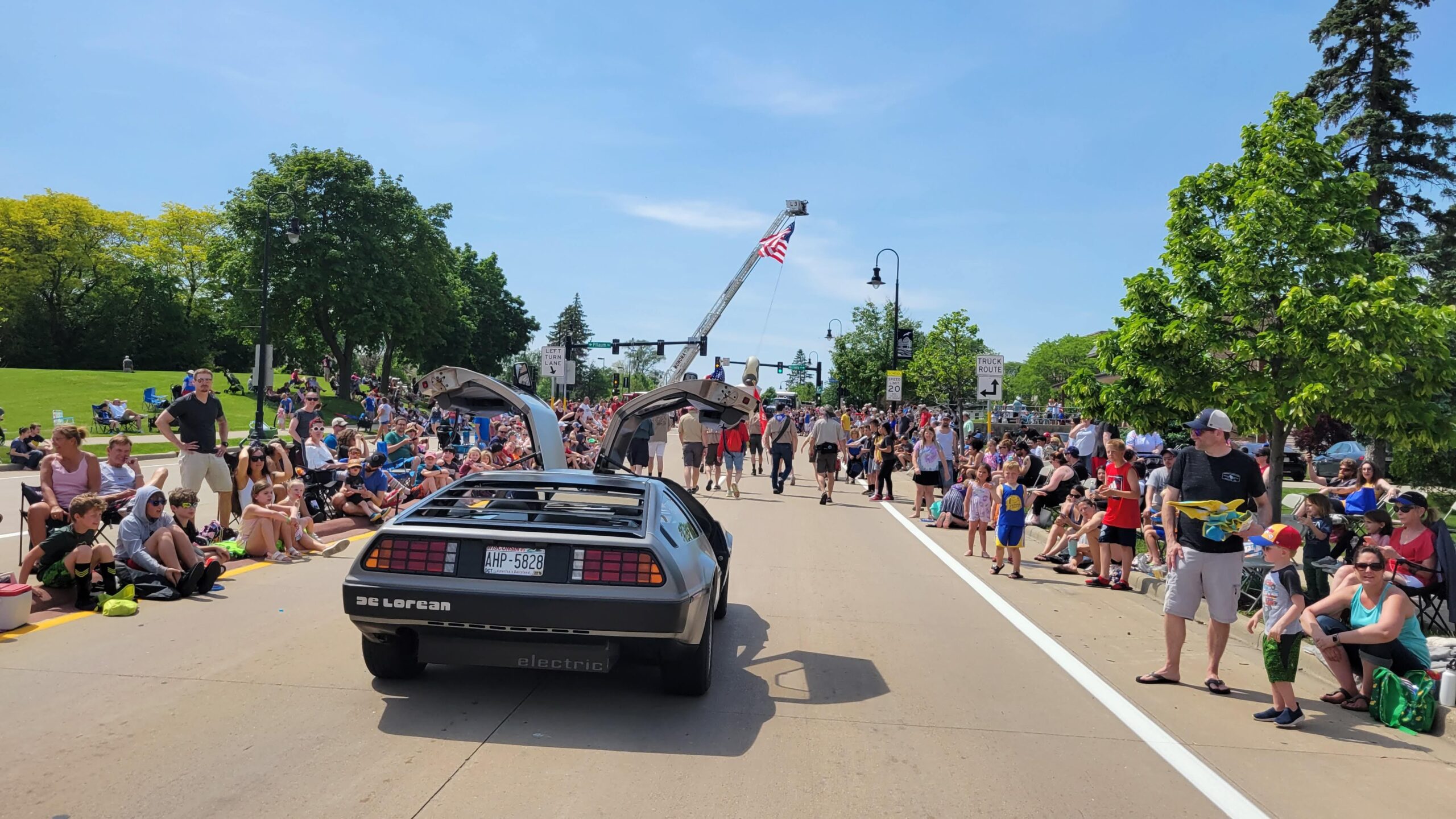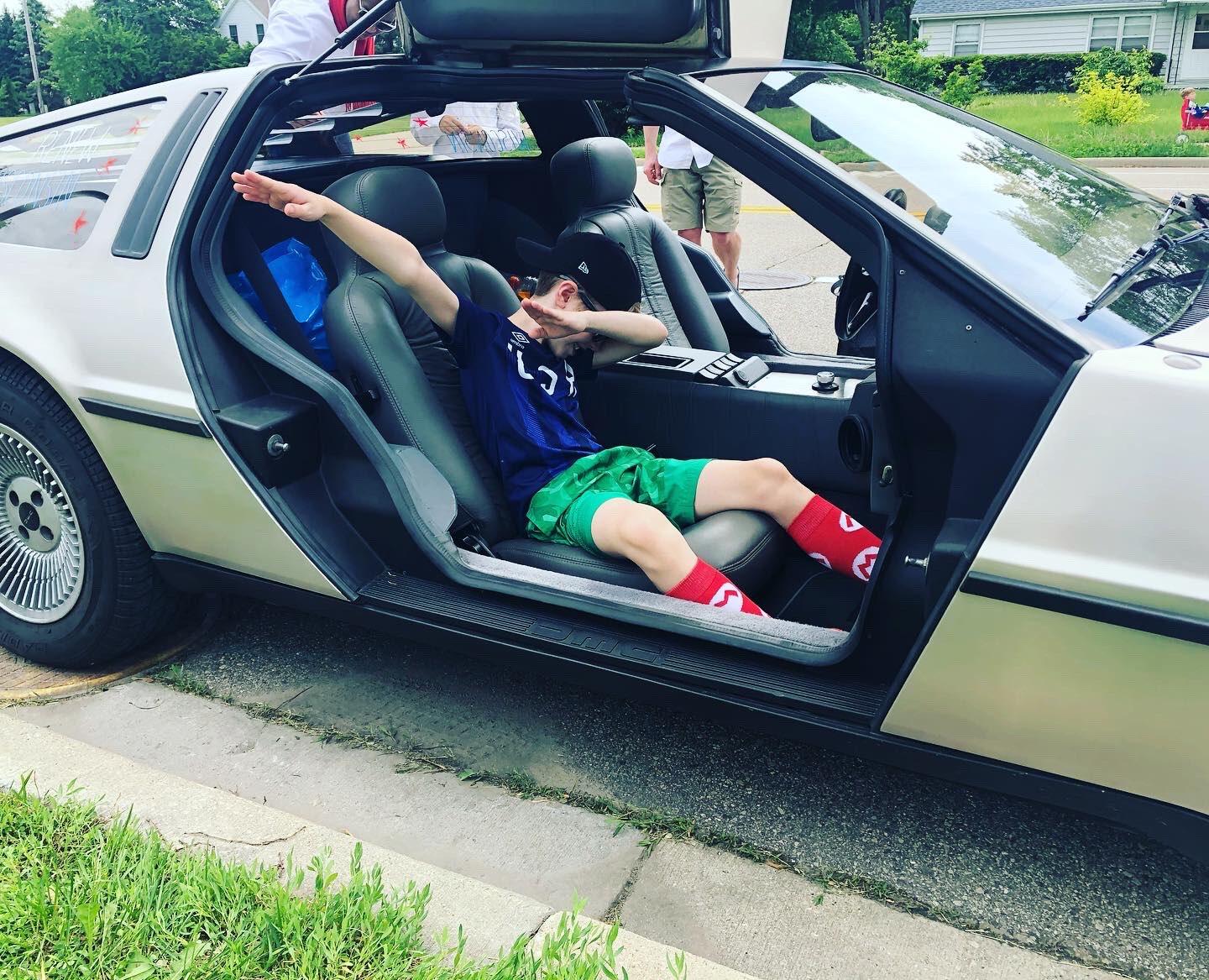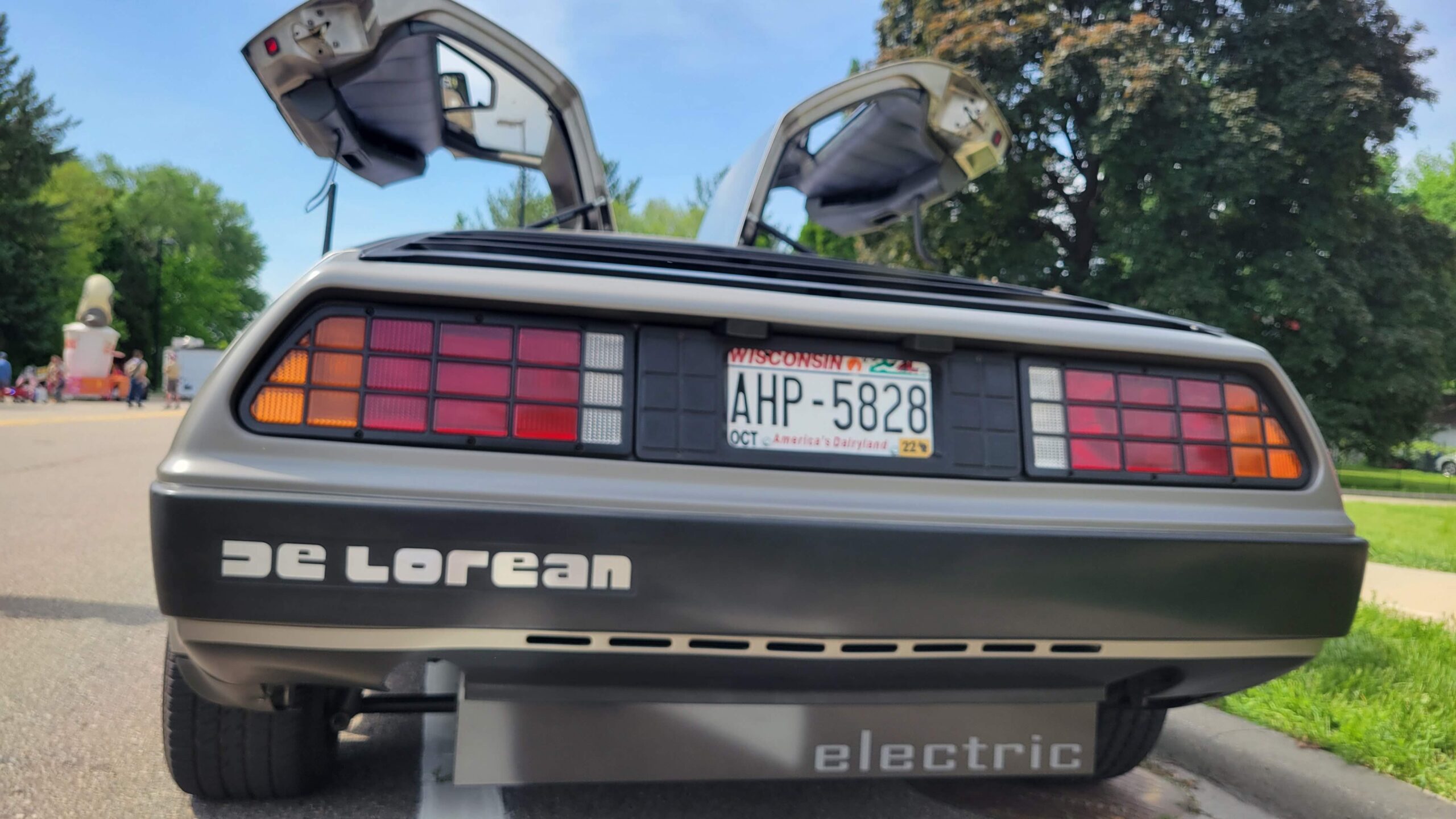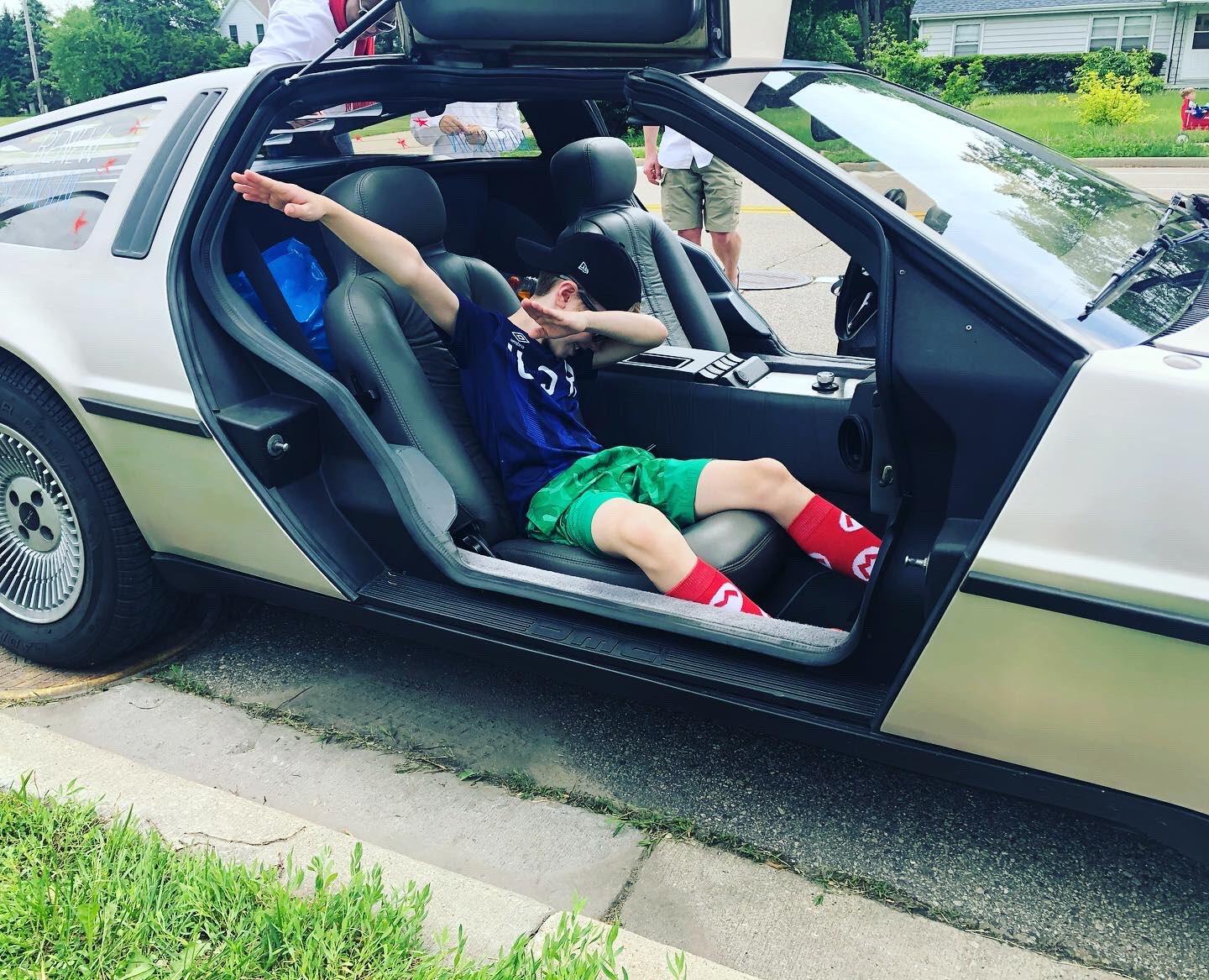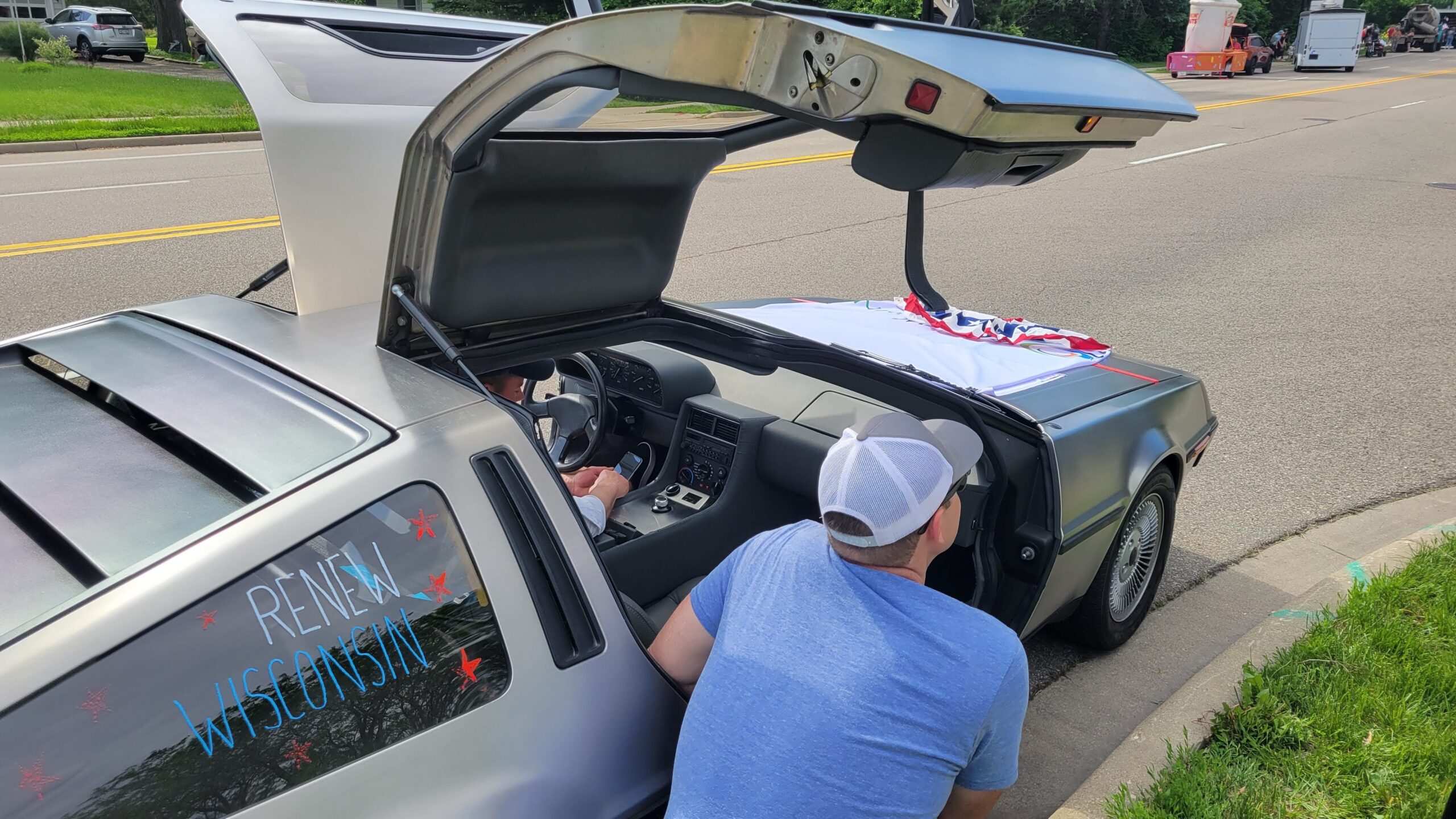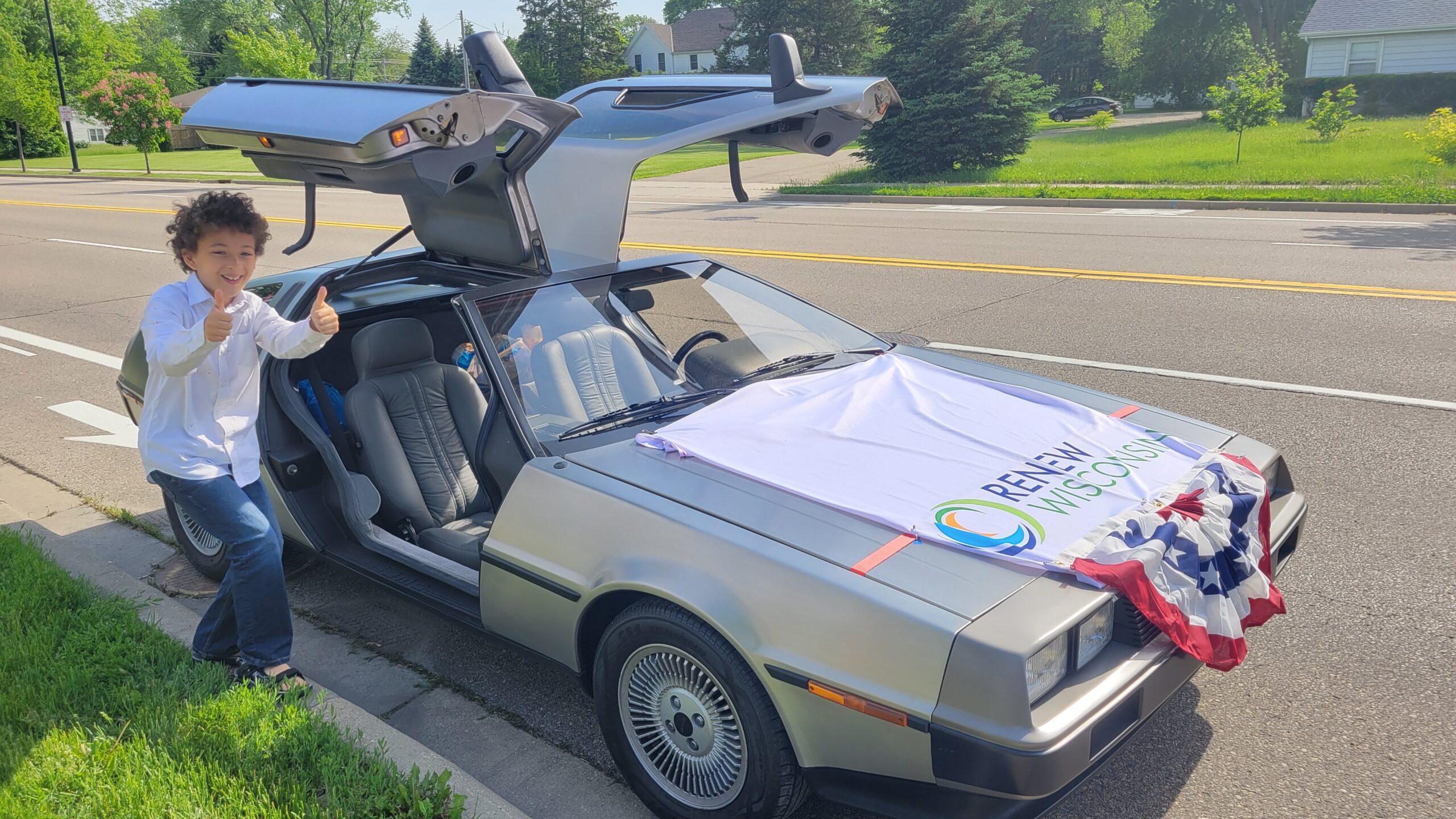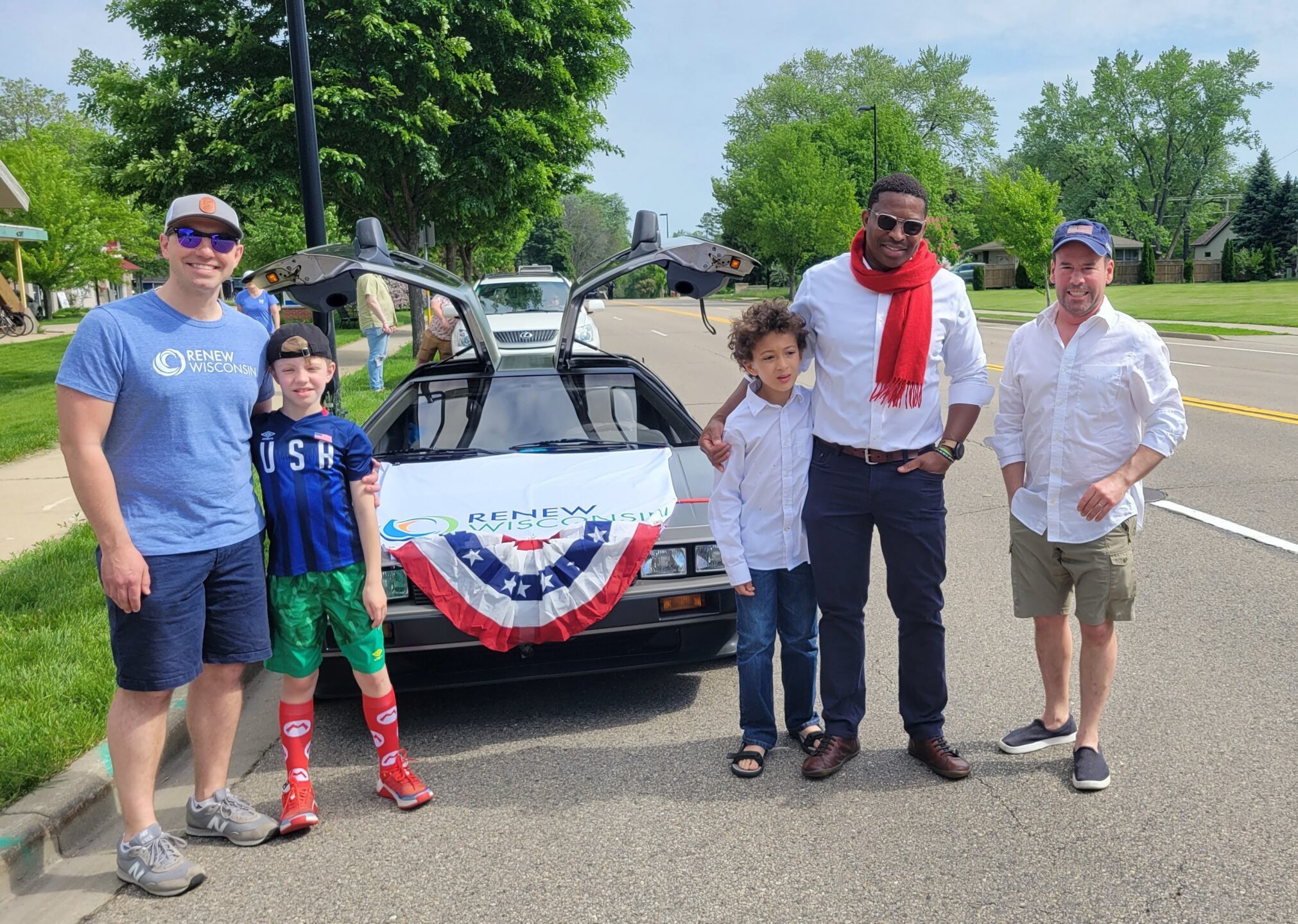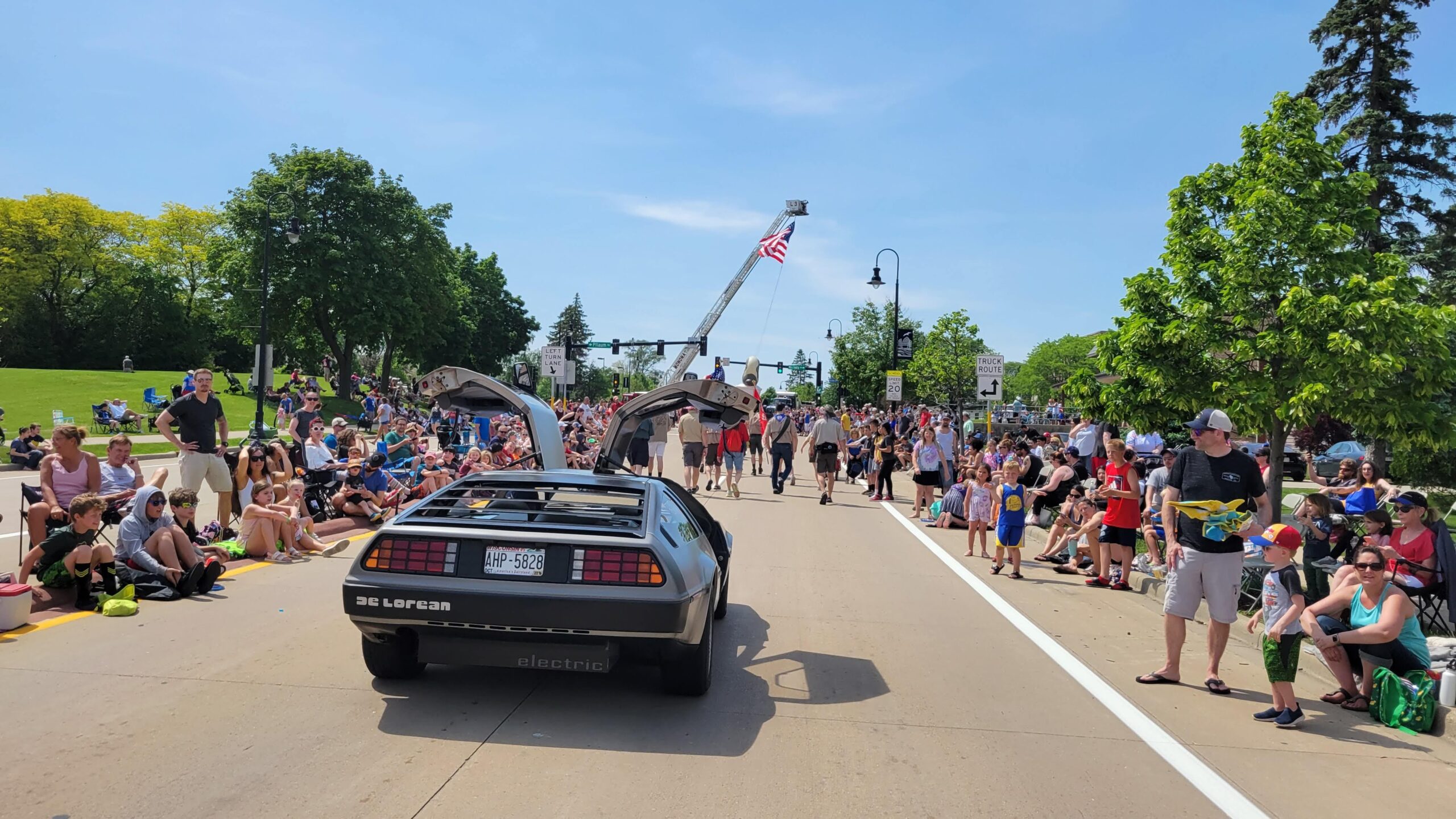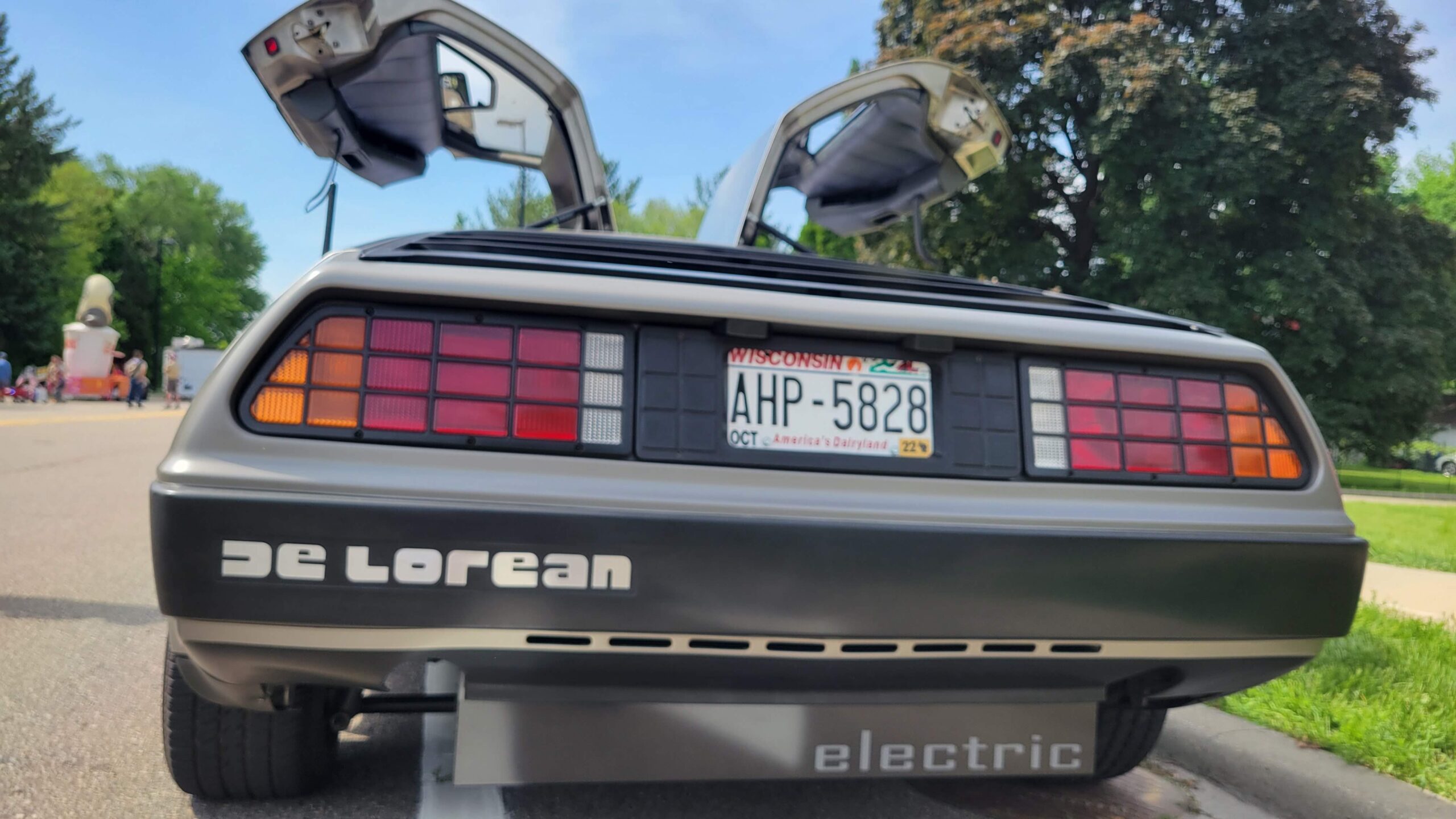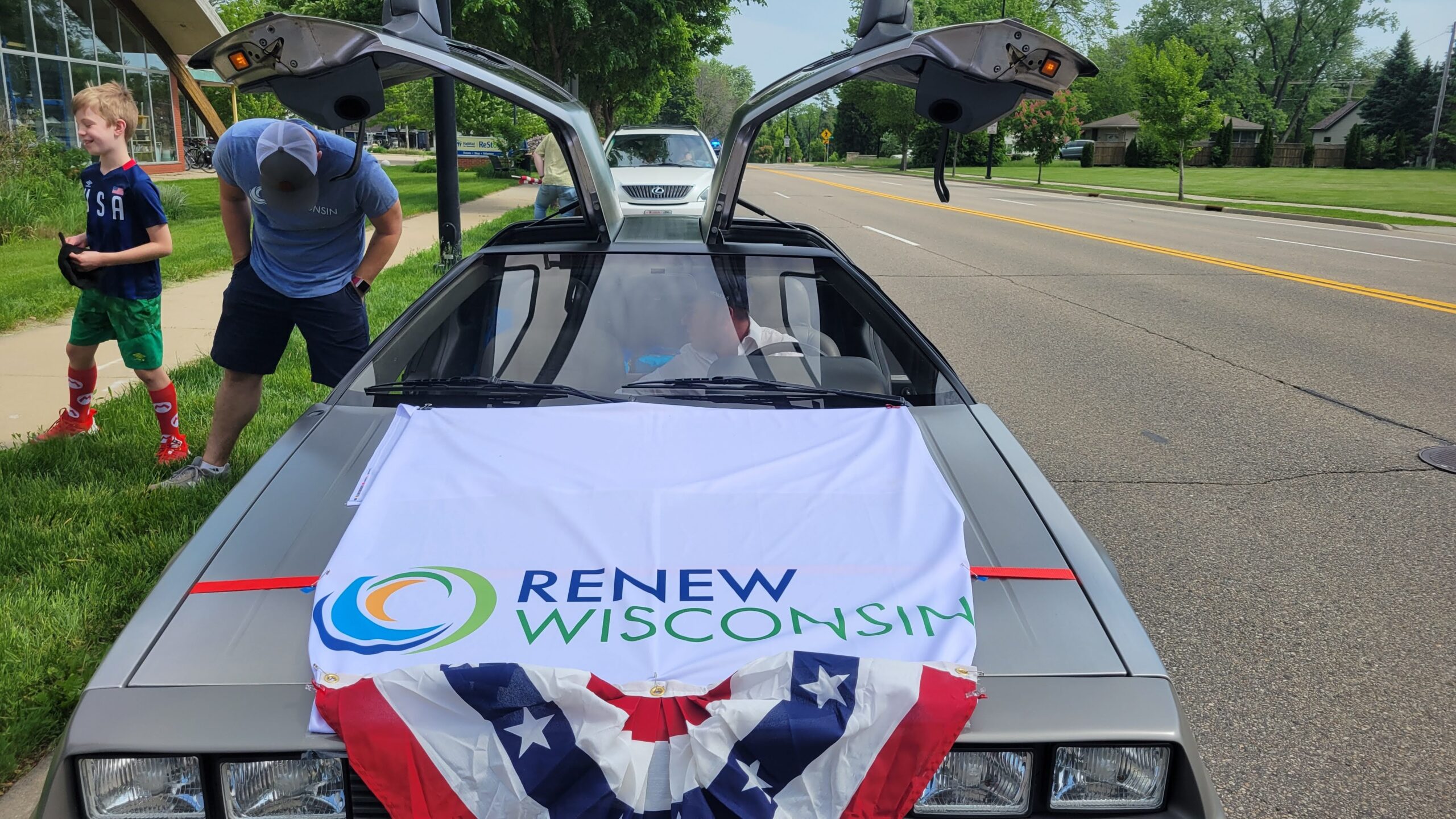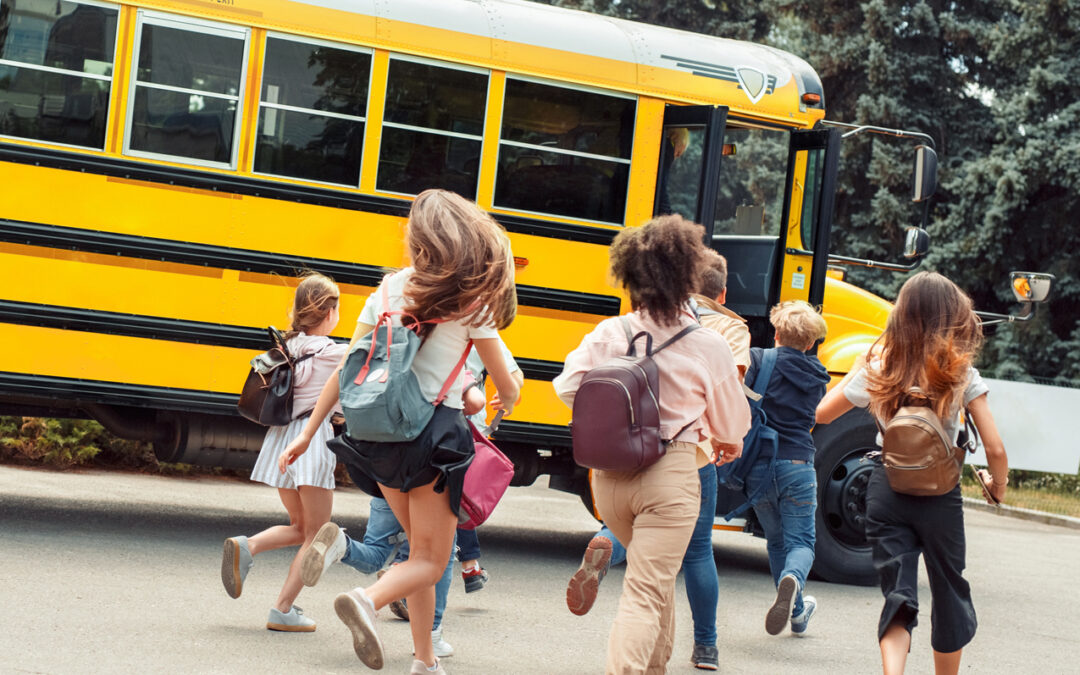
Wisconsin school buses are going electric!
The new fleet will ensure cleaner air and protect children’s health.
This month, the Biden-Harris Administration announced nearly $1 billion in Clean School Bus Rebate Awards for 389 school districts in the country. Wisconsin School districts will receive $25.6 million to replace 65 diesel school buses with new electric school buses. Electric buses can run on renewable energy from solar and wind farms – instead of imported diesel fuel – resulting in zero emissions and lower energy costs. The $25.6 million award represents a significant milestone for Wisconsin and puts the state on a path to cleaner, healthier, and more affordable transportation.
The new zero-emission school buses must be in service by October 2024 and will save Wisconsin School Districts more than $11 million in fuel and maintenance costs over the life of the buses. In addition to the cost savings, zero-emission buses provide the following benefits:
- Cleaner air by eliminating school bus exhaust, which is linked to asthma.
- Reduced health risks, especially for children whose lungs are still developing.
- Reduced greenhouse gas emissions, which contribute to climate change.
- Grid resilience. Using bidirectional chargers, school buses can store energy for distribution to the grid when needed.
Zero-emission vehicles are a proven technology in the United States, where electric buses have been operating successfully in Michigan, Minnesota, and Alaska. Wisconsin’s first sixty-five electric school buses will serve fifteen rural school districts in Buffalo, Clark, Dodge, Eau Claire, Jackson, Jefferson, Marathon, Marinette, Oneida, Pepin, Sheboygan, Vilas, Waushara, and Winnebago counties. The Environmental Protection Agency (EPA) awarded funds through a lottery that prioritized applications from low-income, rural, tribal, and high-needs school districts. Nearly 200 Wisconsin school districts were on the priority list.
Here is the list of school districts that will receive new electric school buses:
| EPA 2022 Clean School Bus Rebates Awards for zero-emission buses – Wisconsin | ||
| School District Name | Total Number of Buses Requested |
Total Rebate Amount Awarded |
| Augusta School District | 3 | $1,185,000.00 |
| Coleman School District | 2 | $790,000.00 |
| Edgar School District | 1 | $395,000.00 |
| Granton Area School District | 5 | $1,885,000.00 |
| Lac du Flambeau #1 School District | 10 | $3,950,000.00 |
| Lakeland UHS School District | 10 | $3,950,000.00 |
| Lomira School District | 4 | $1,580,000.00 |
| Melrose-Mindoro School District | 1 | $395,000.00 |
| Minocqua J1 School District | 12 | $4,740,000.00 |
| Mondovi School District | 5 | $1,975,000.00 |
| Palmyra-Eagle Area School District | 6 | $2,370,000.00 |
| Pepin Area School District | 1 | $395,000.00 |
| Random Lake School District | 1 | $395,000.00 |
| Wild Rose School District | 2 | $790,000.00 |
| Winter School District | 2 | $790,000.00 |
The $1 billion School Bus Rebate Awards are the first round of funding from the $5 billion Clean School Bus Program of the Bipartisan Infrastructure Law (BIL) signed by President Biden last November. More funding opportunities for additional clean school buses will be announced in the future. Subscribe to RENEW’s Newsletter to stay updated on the Clean School Bus Program.

